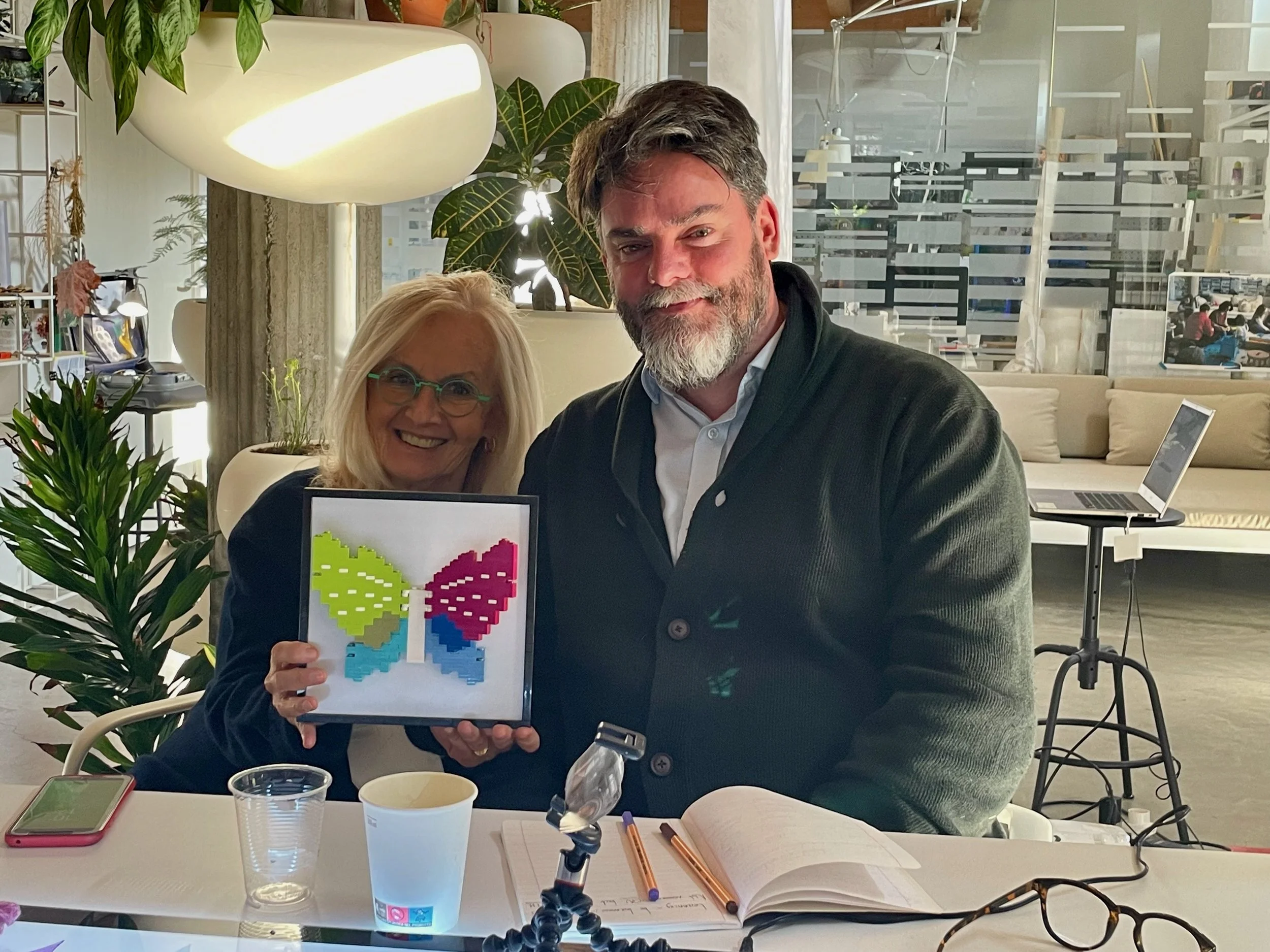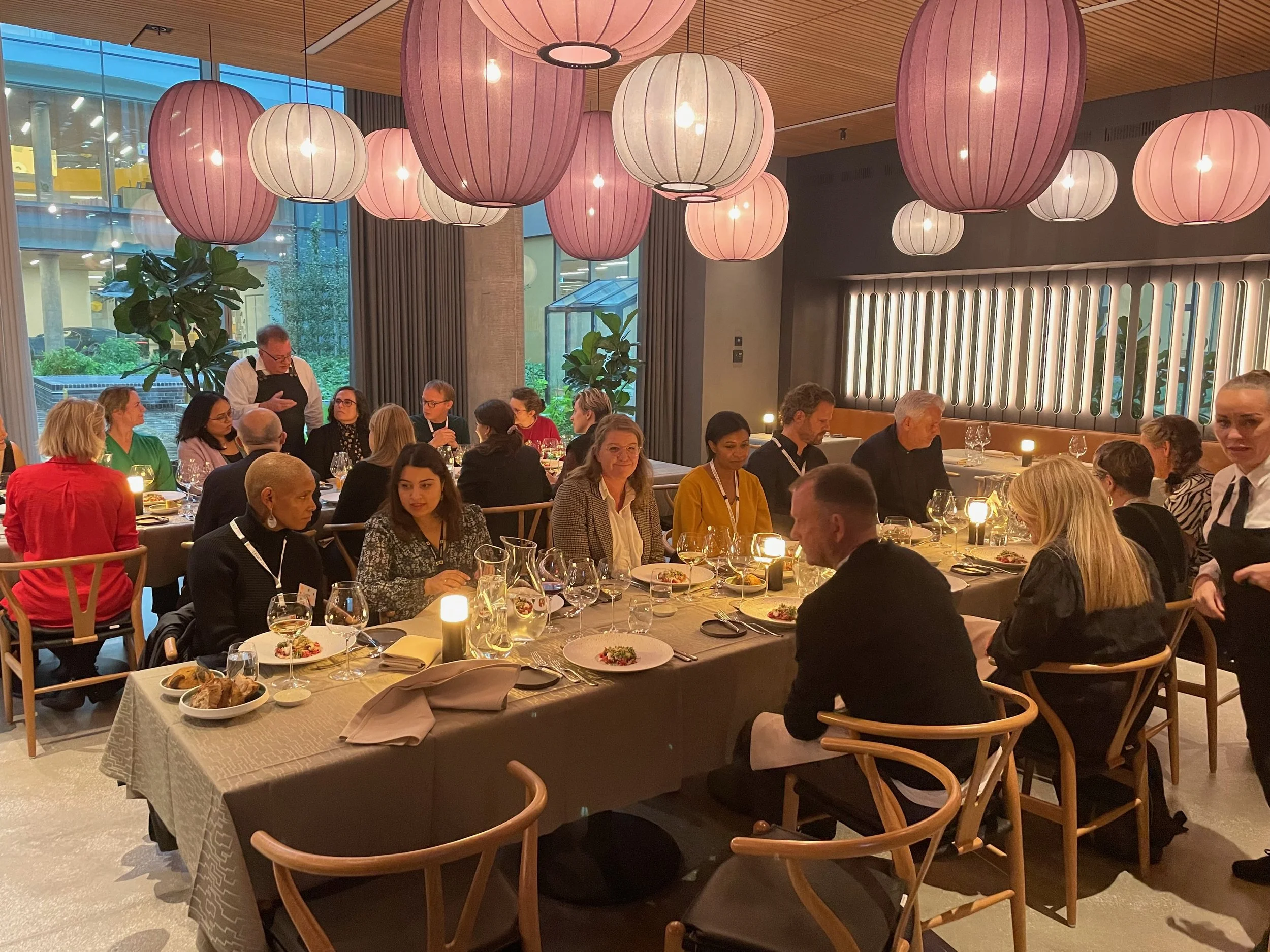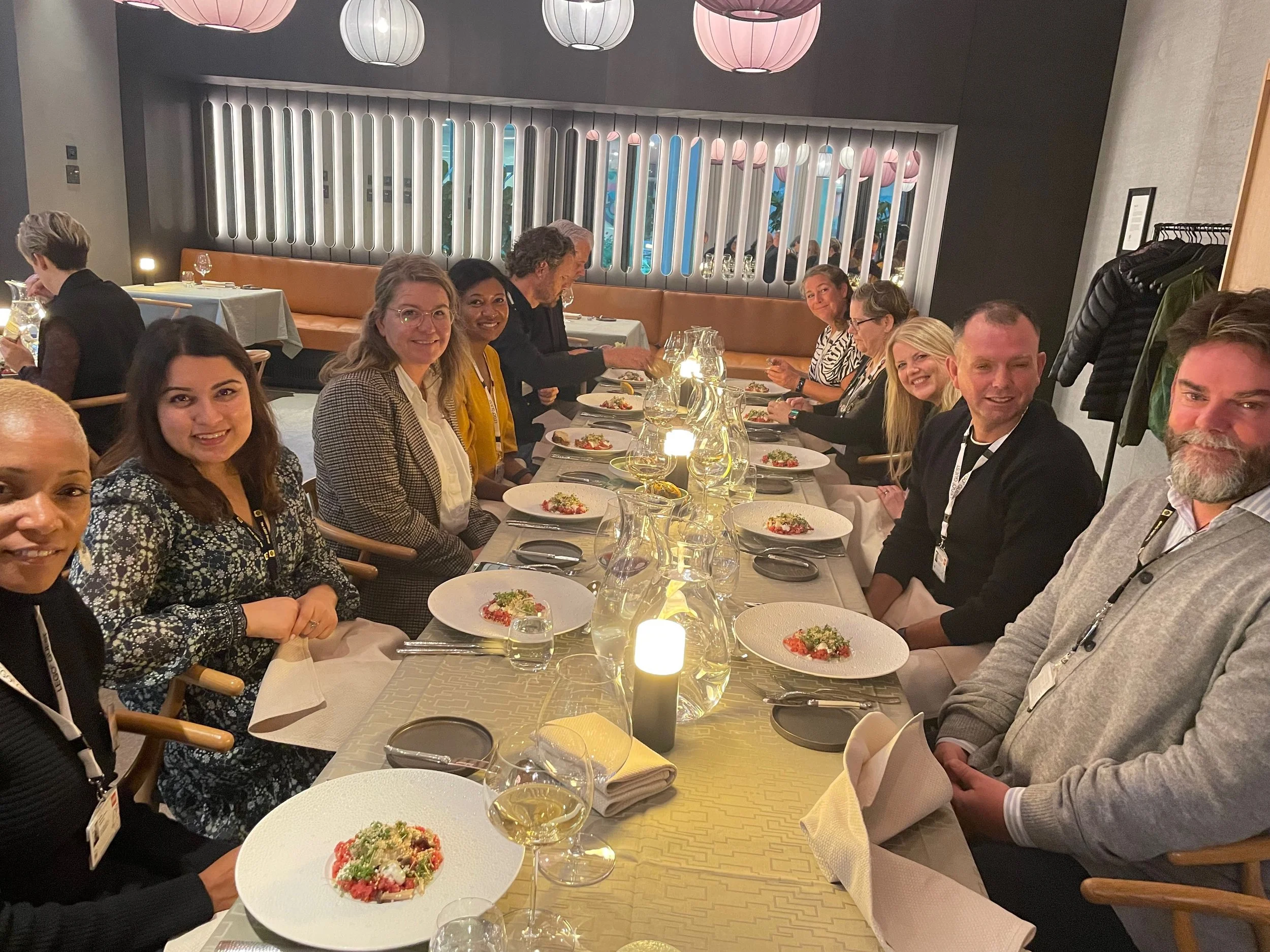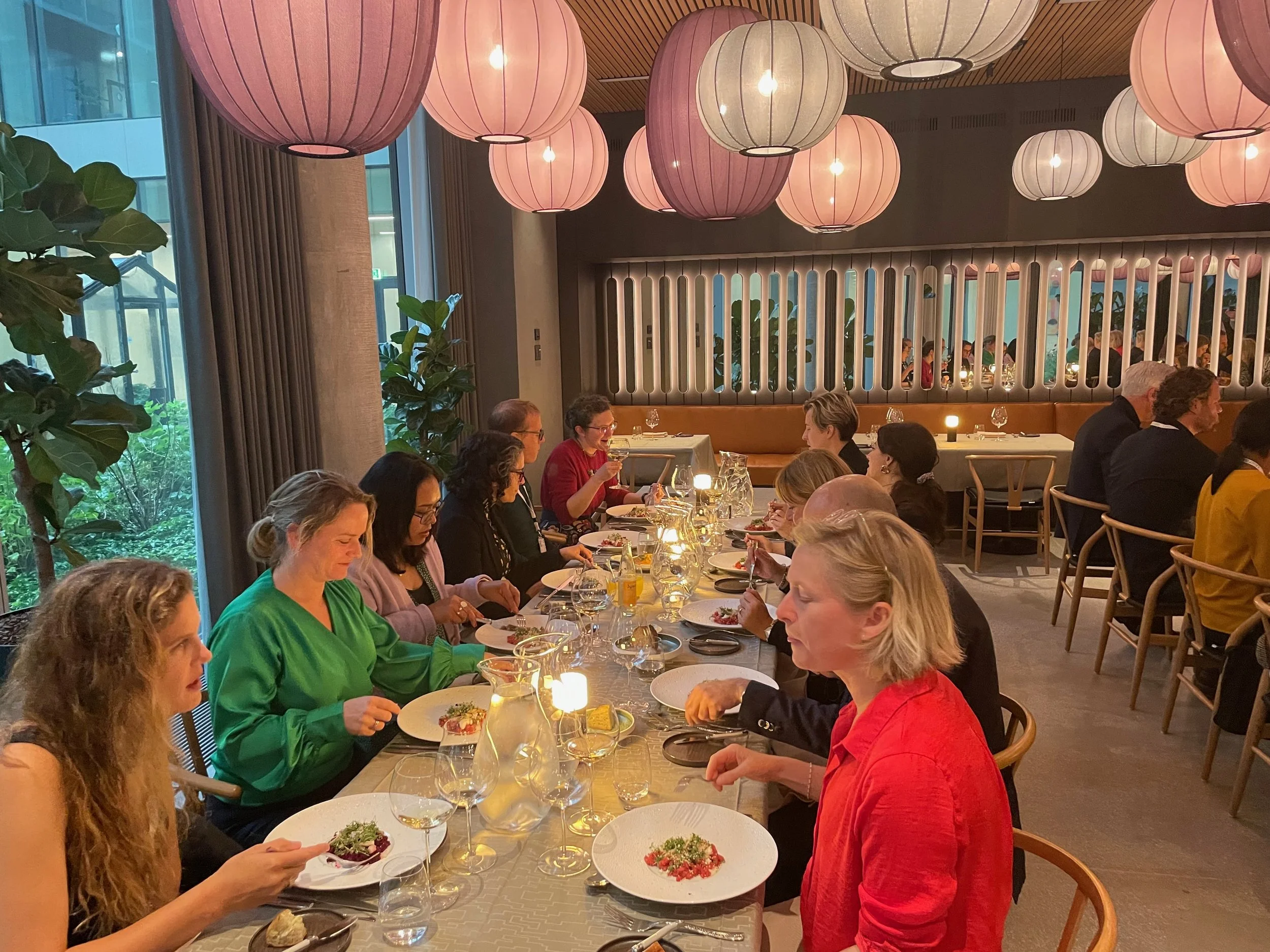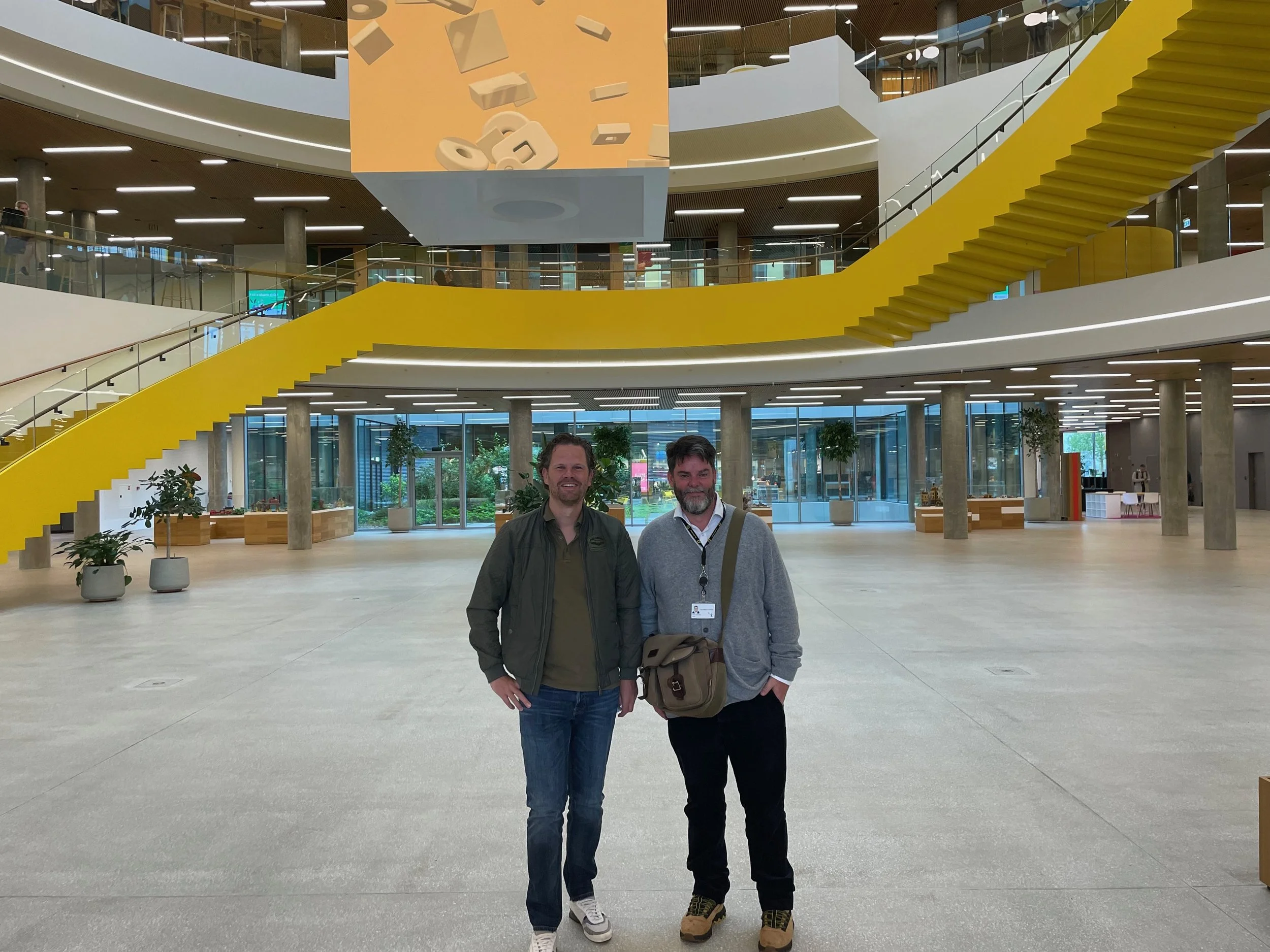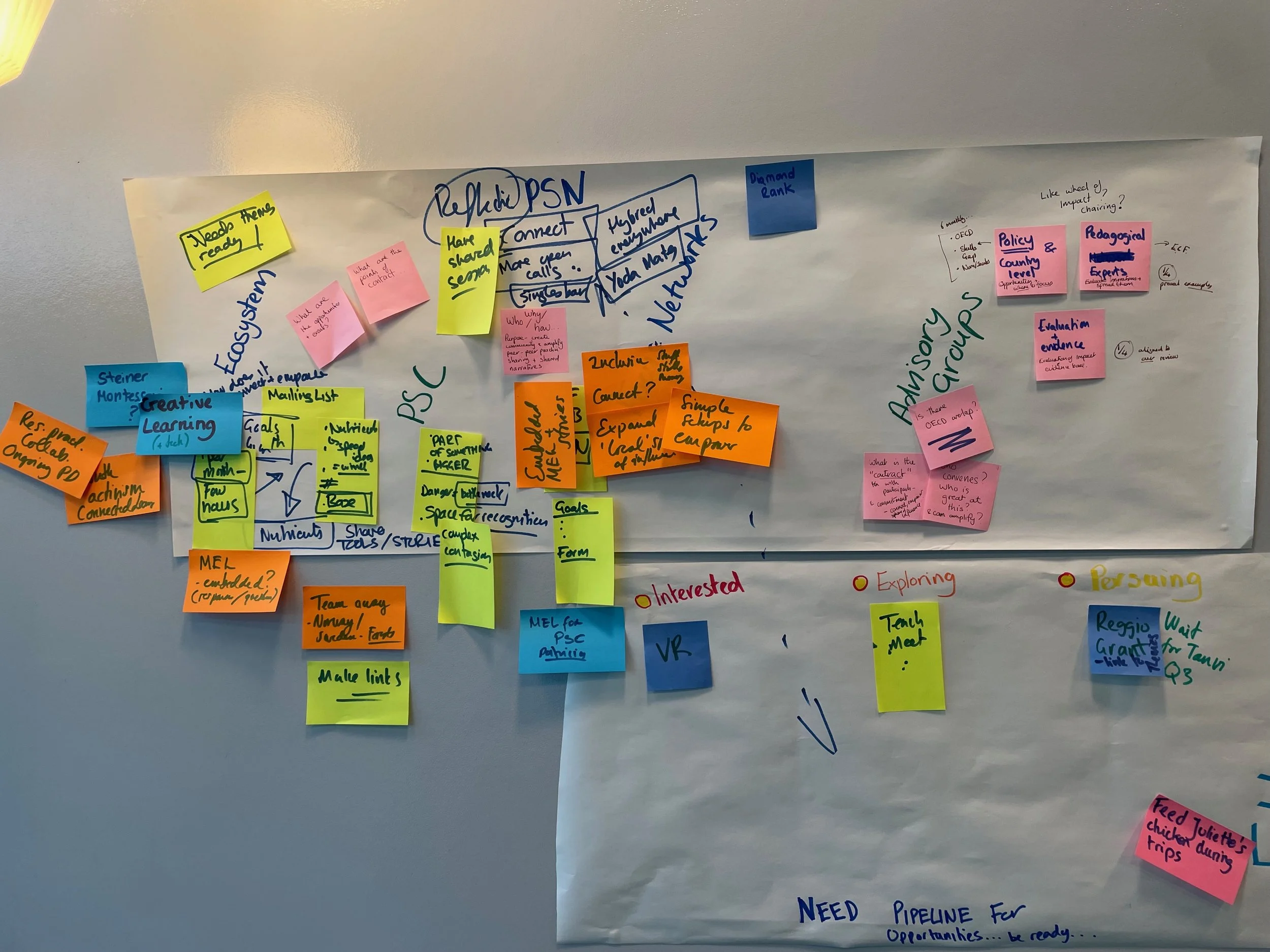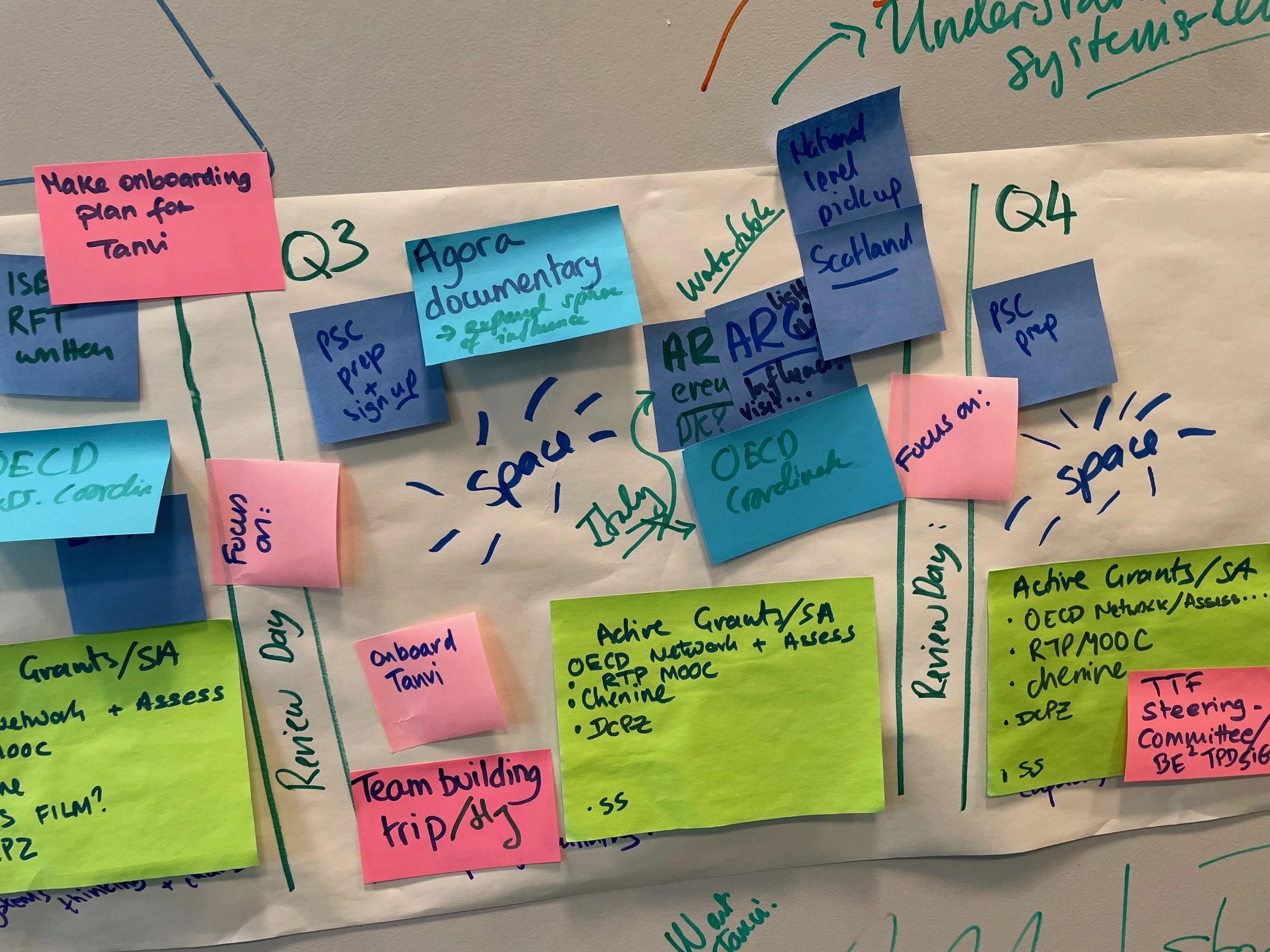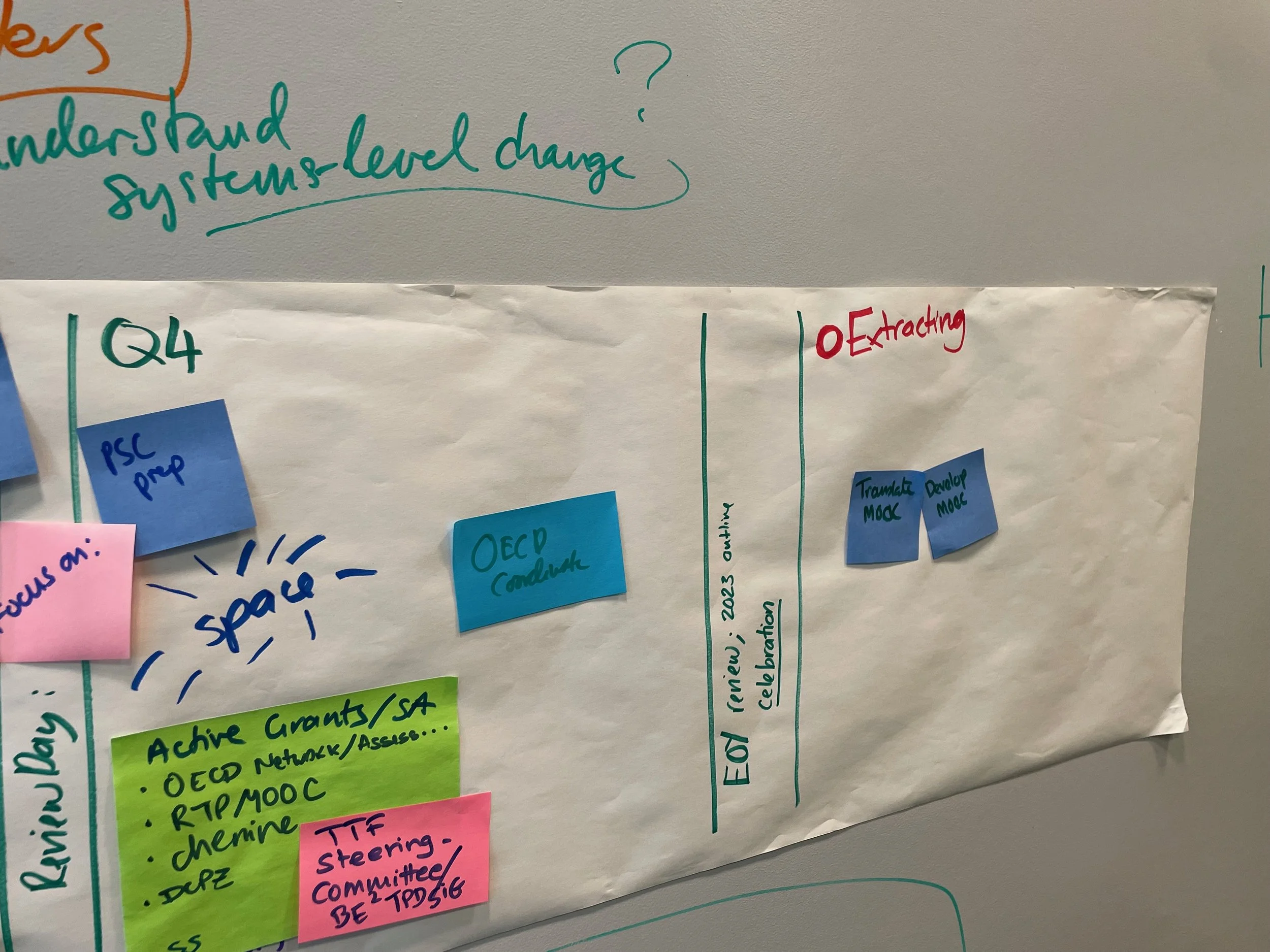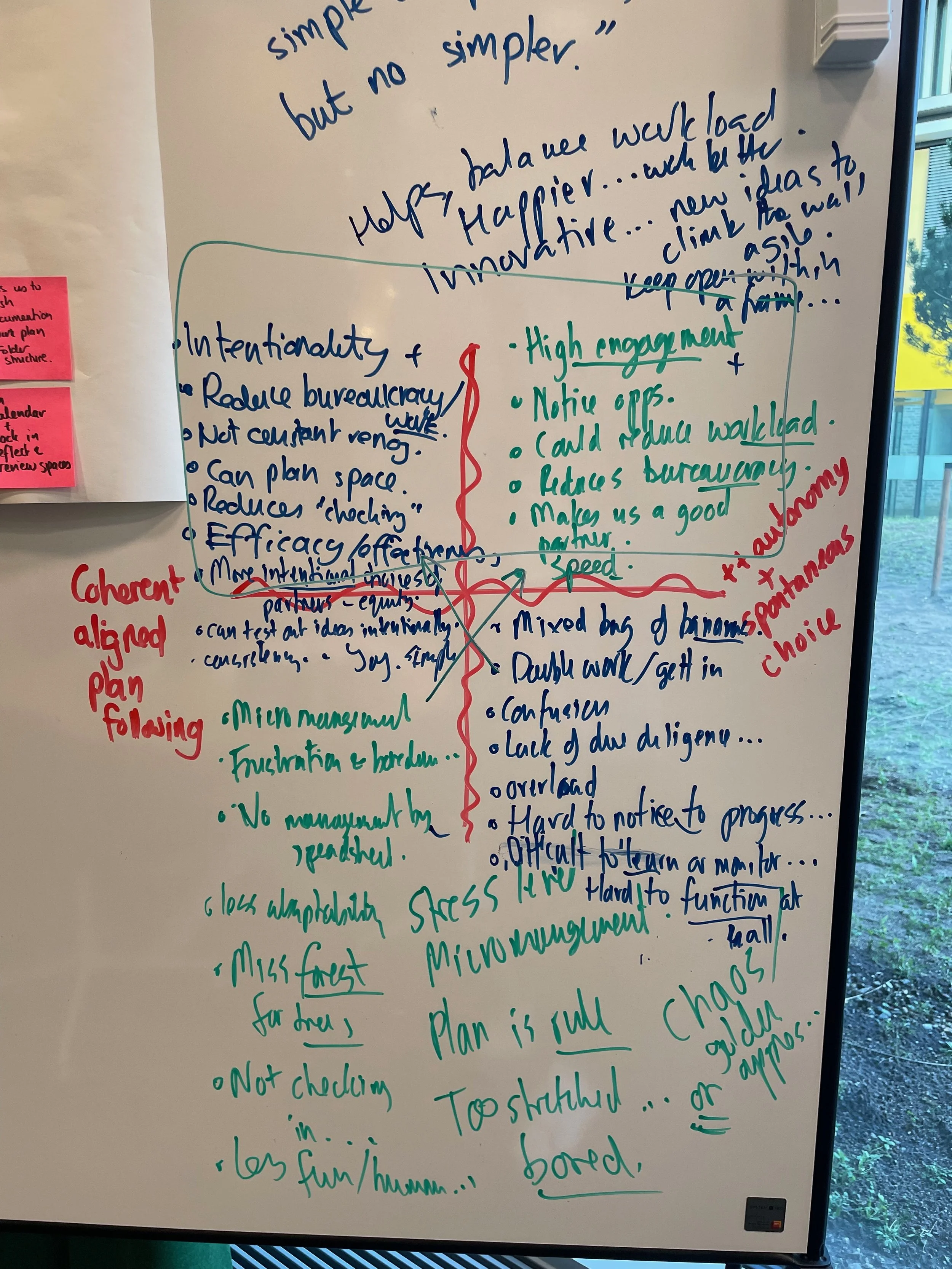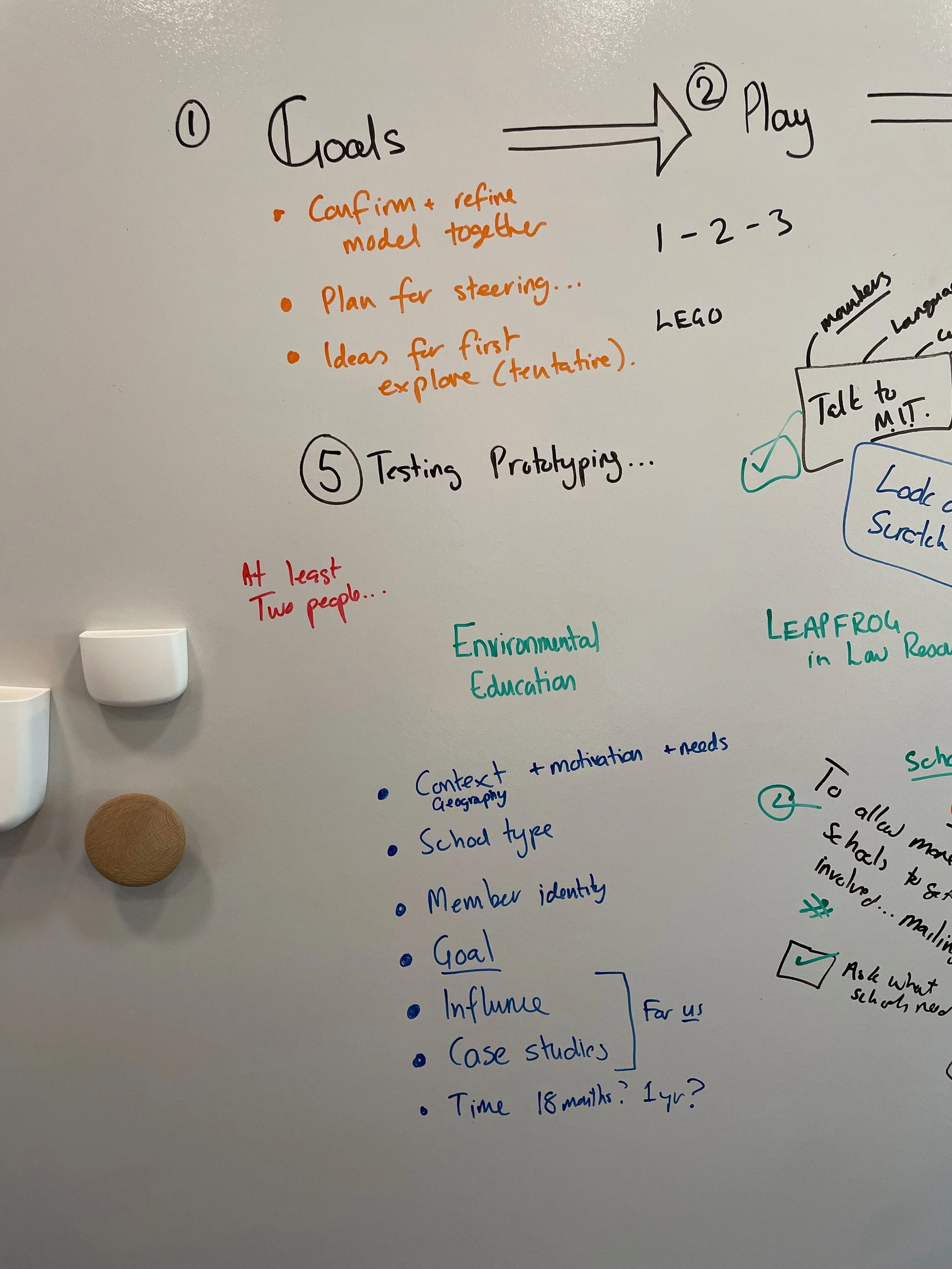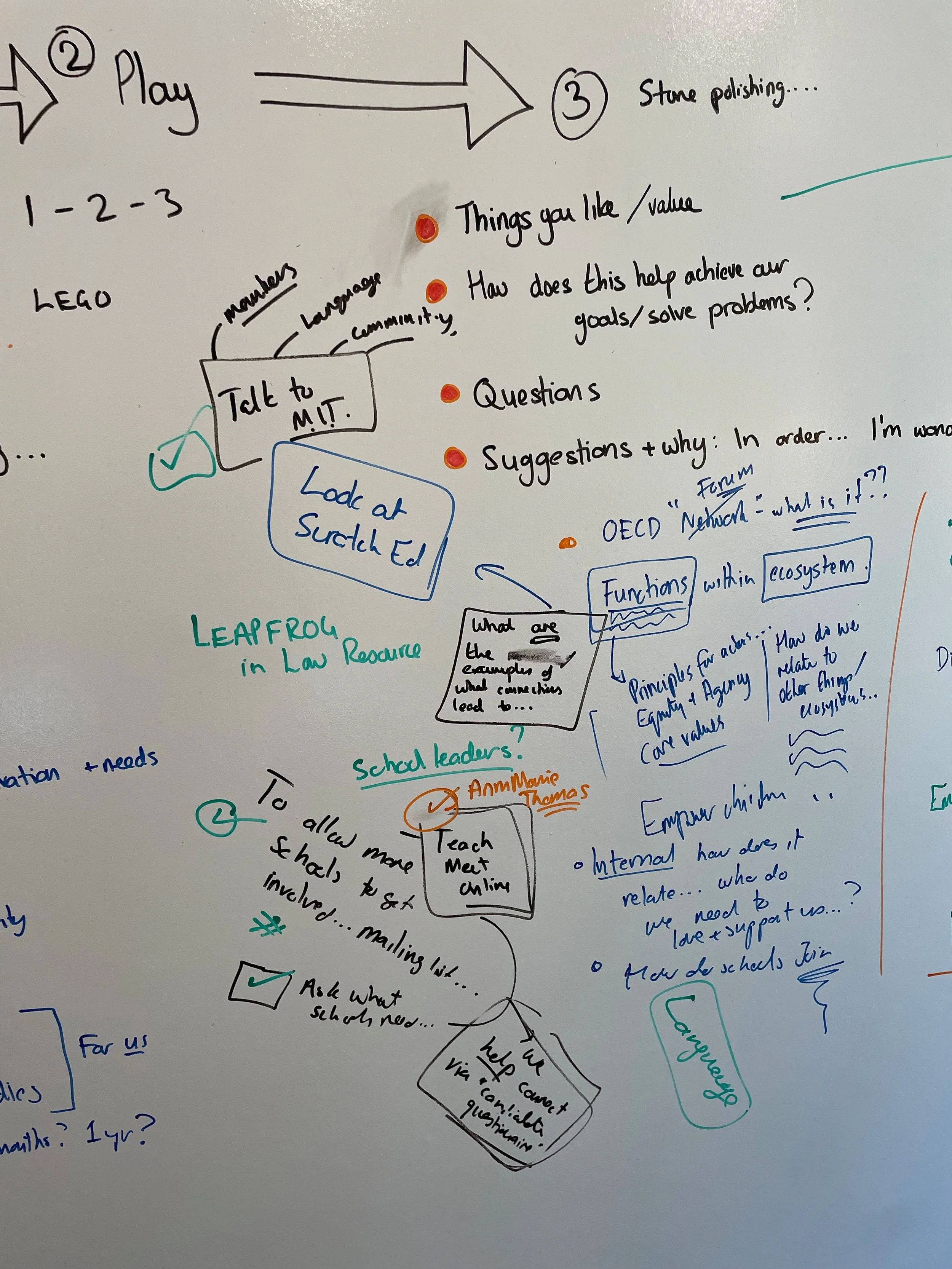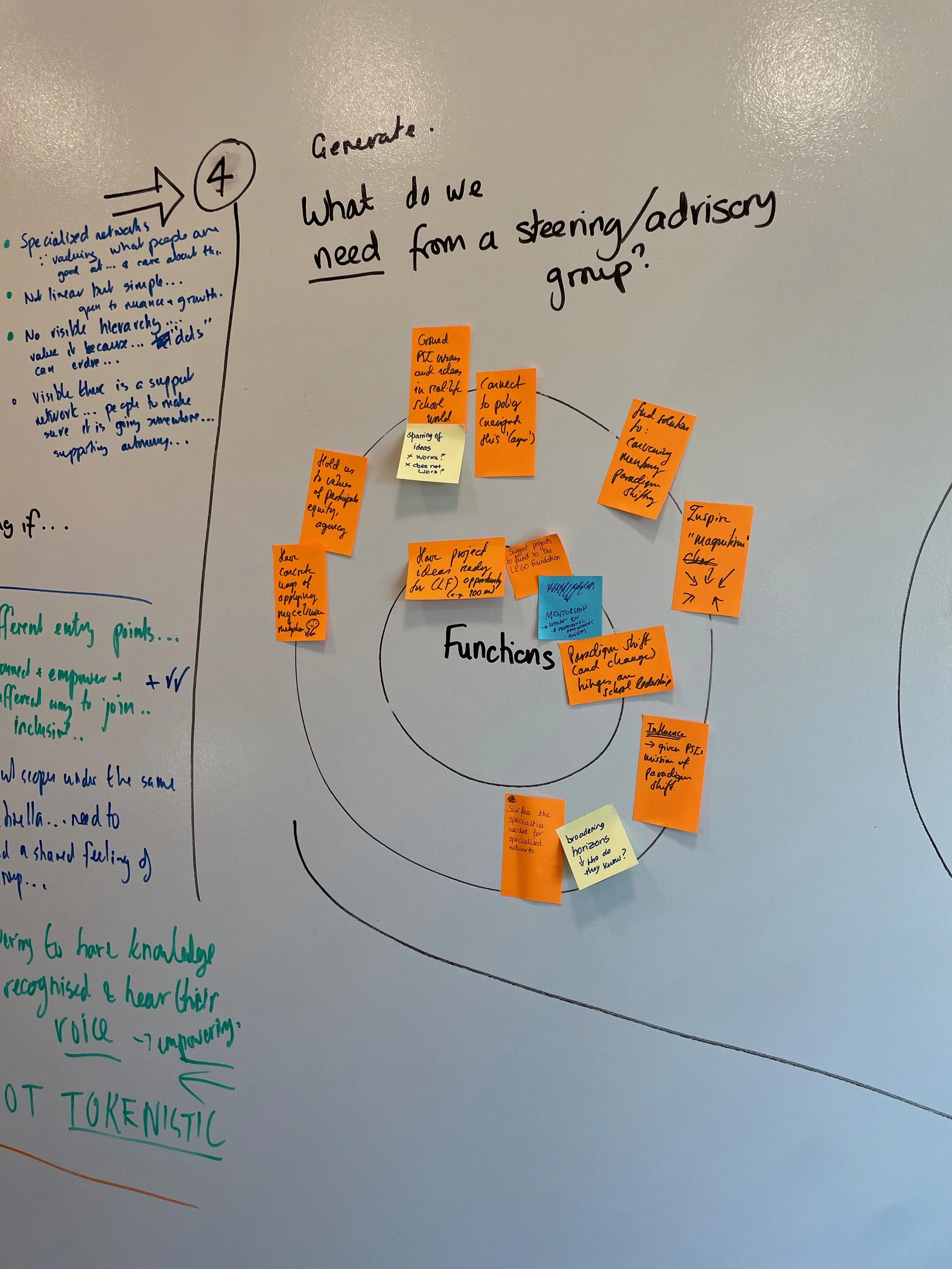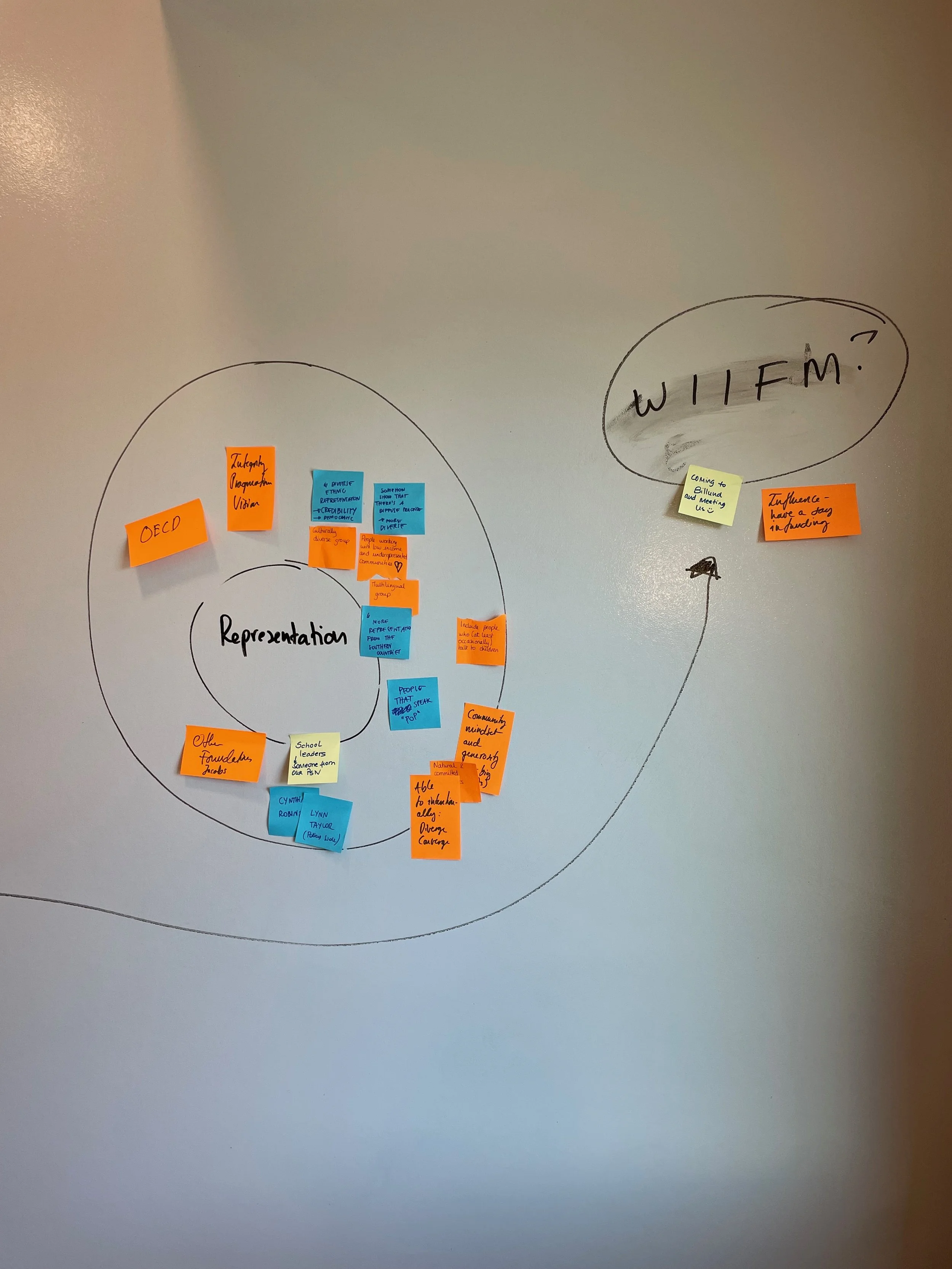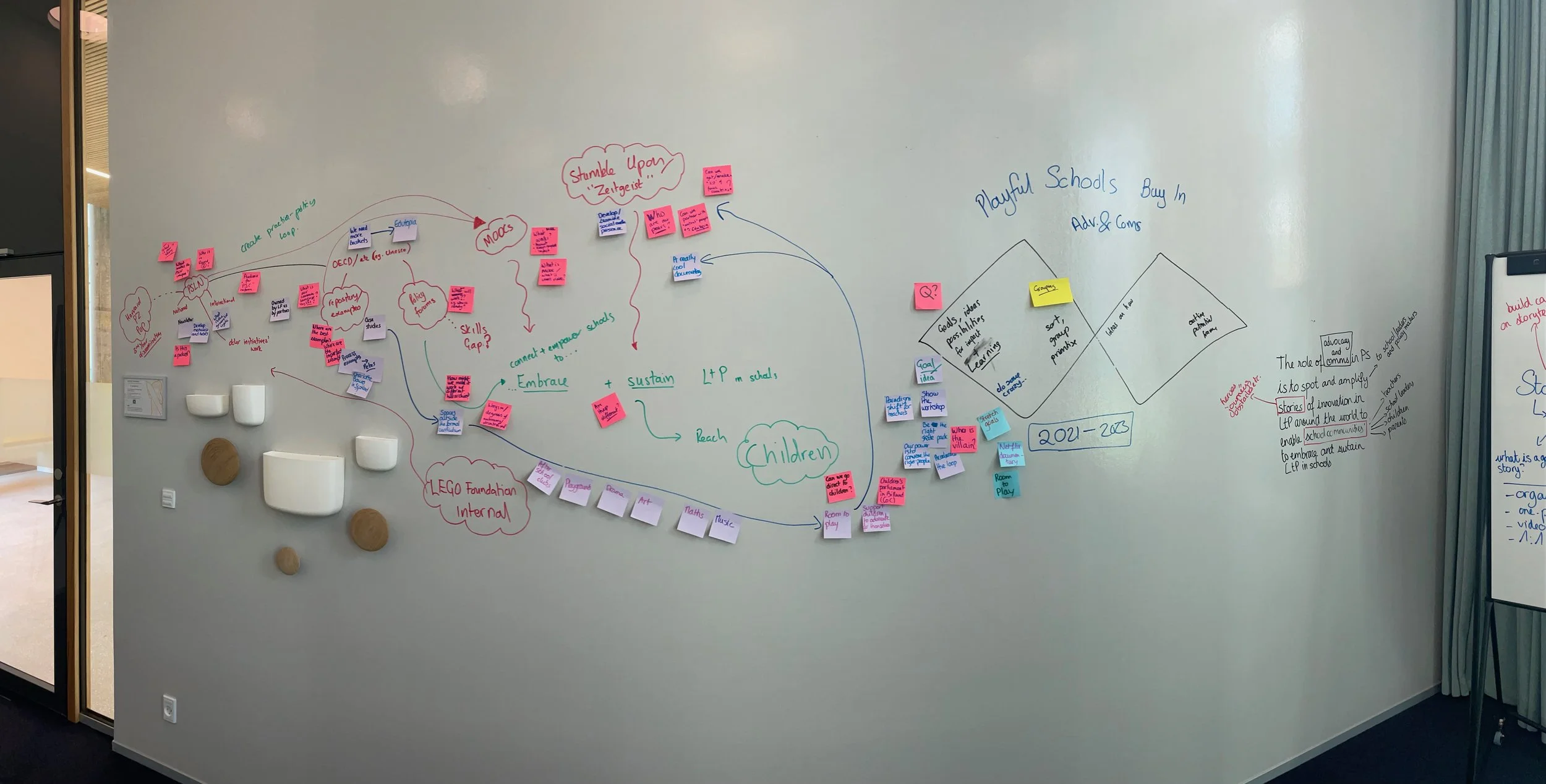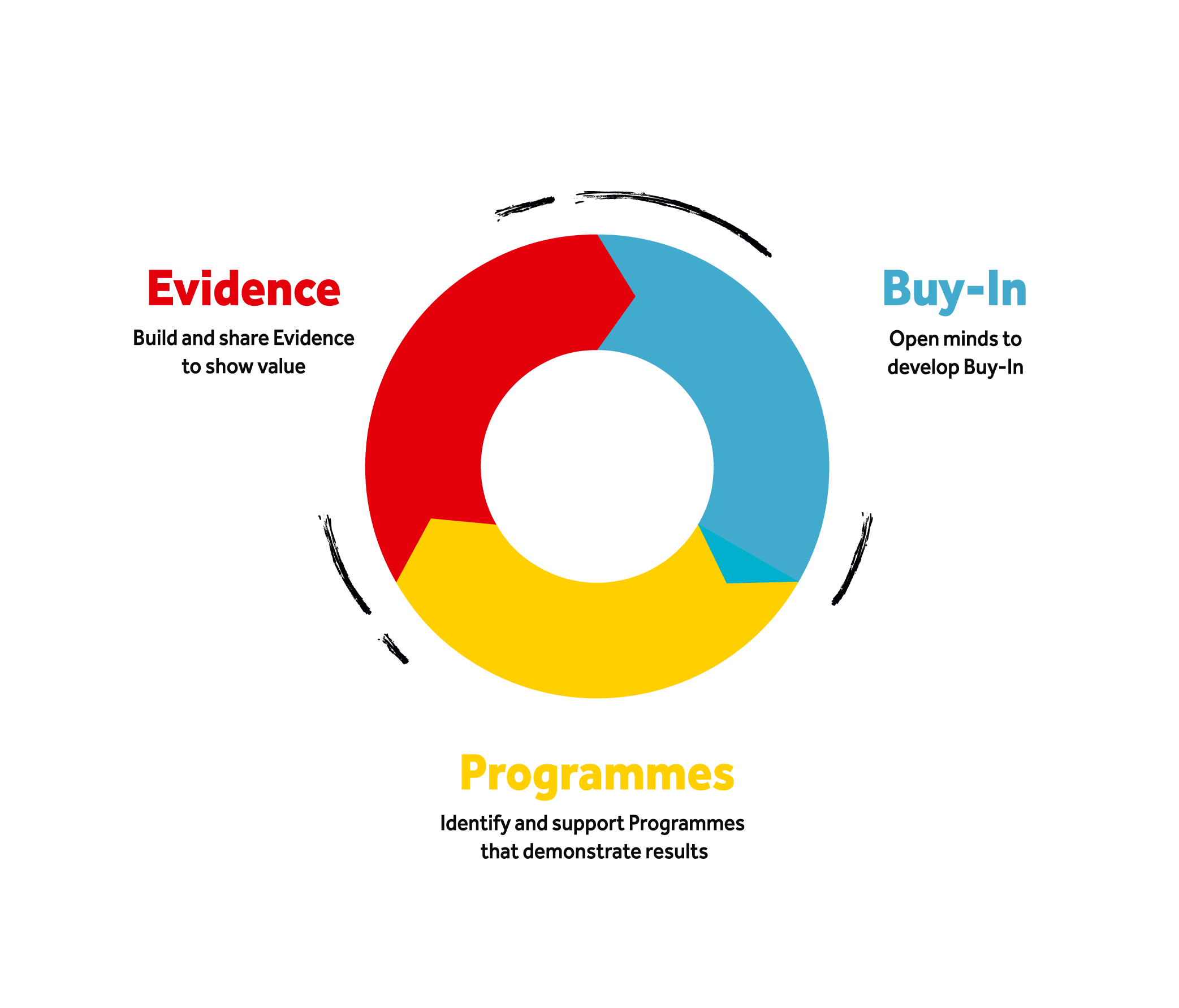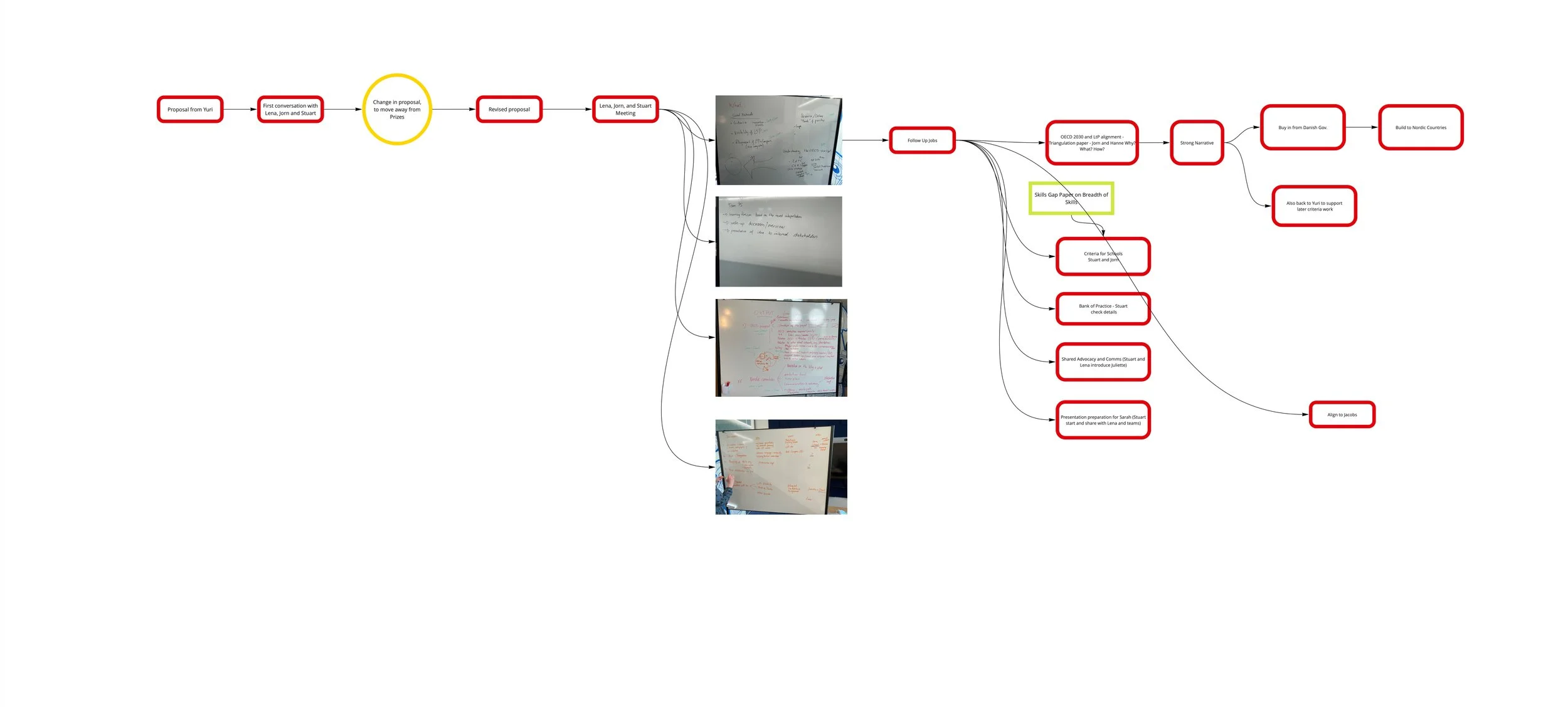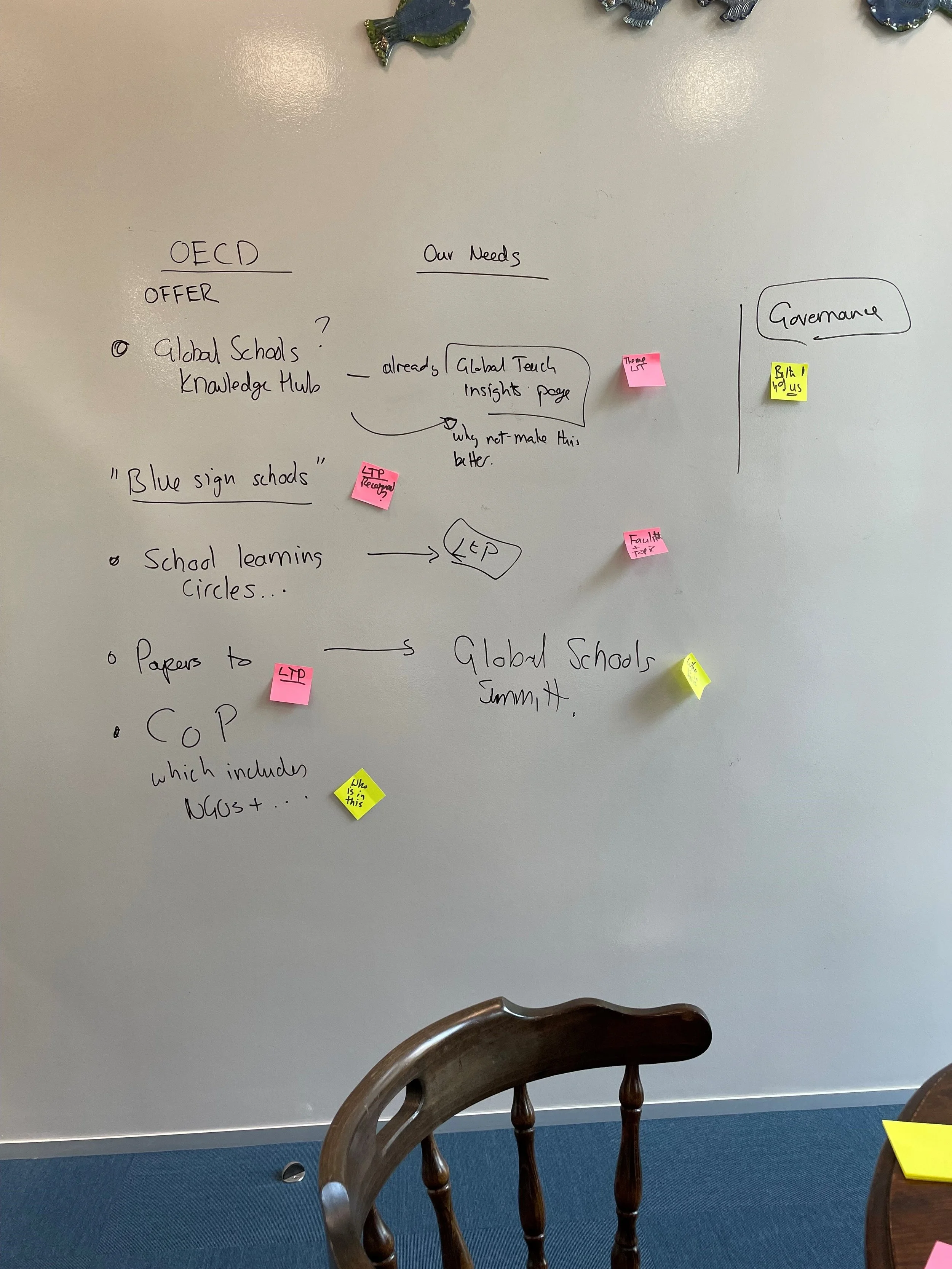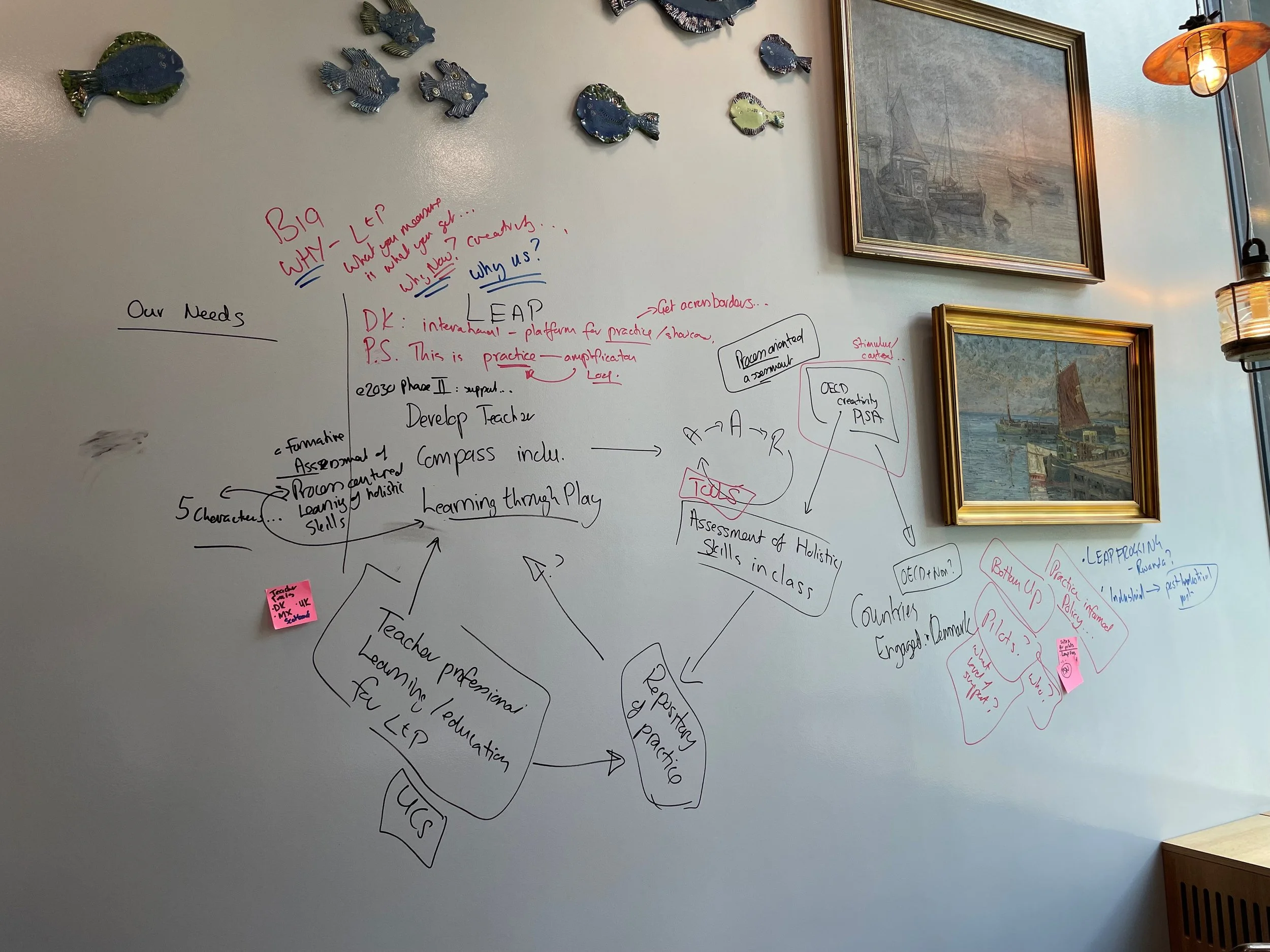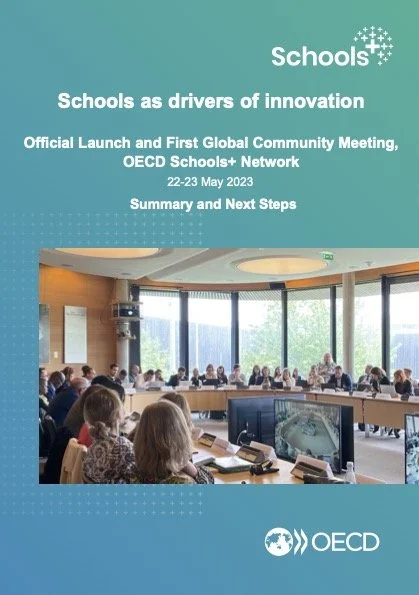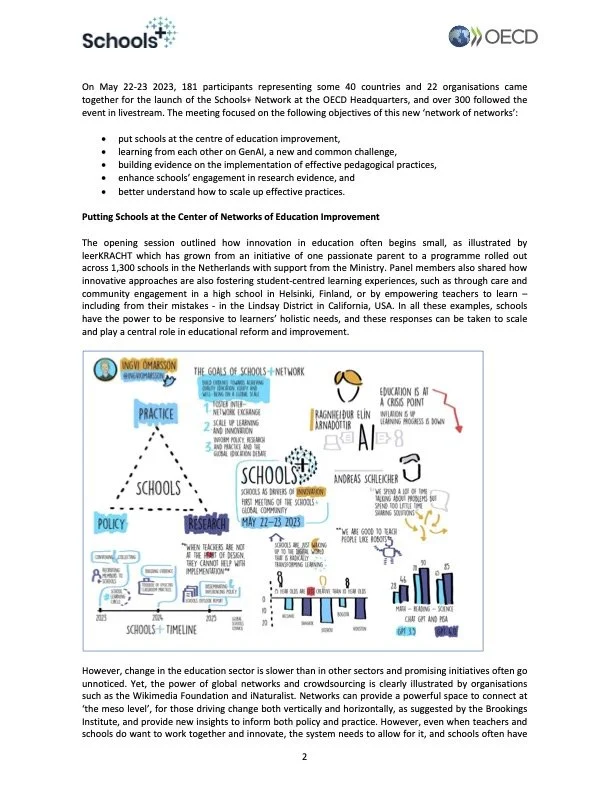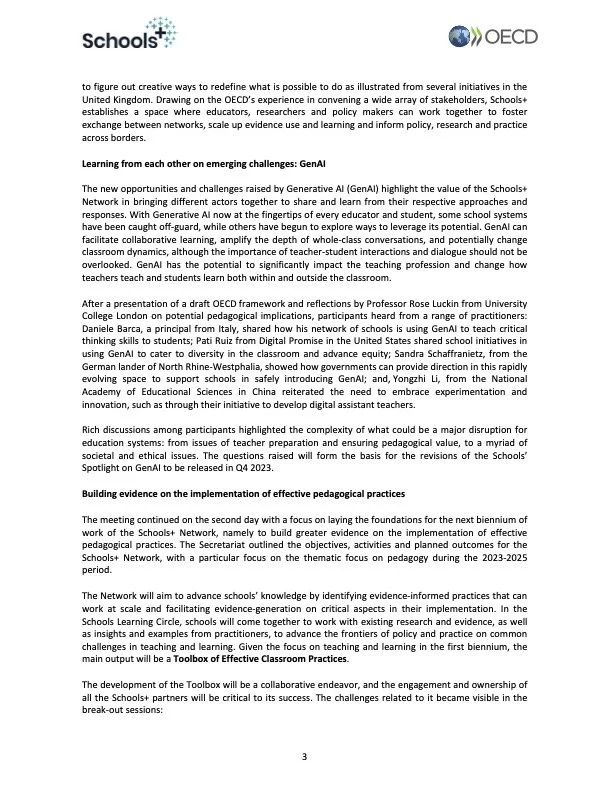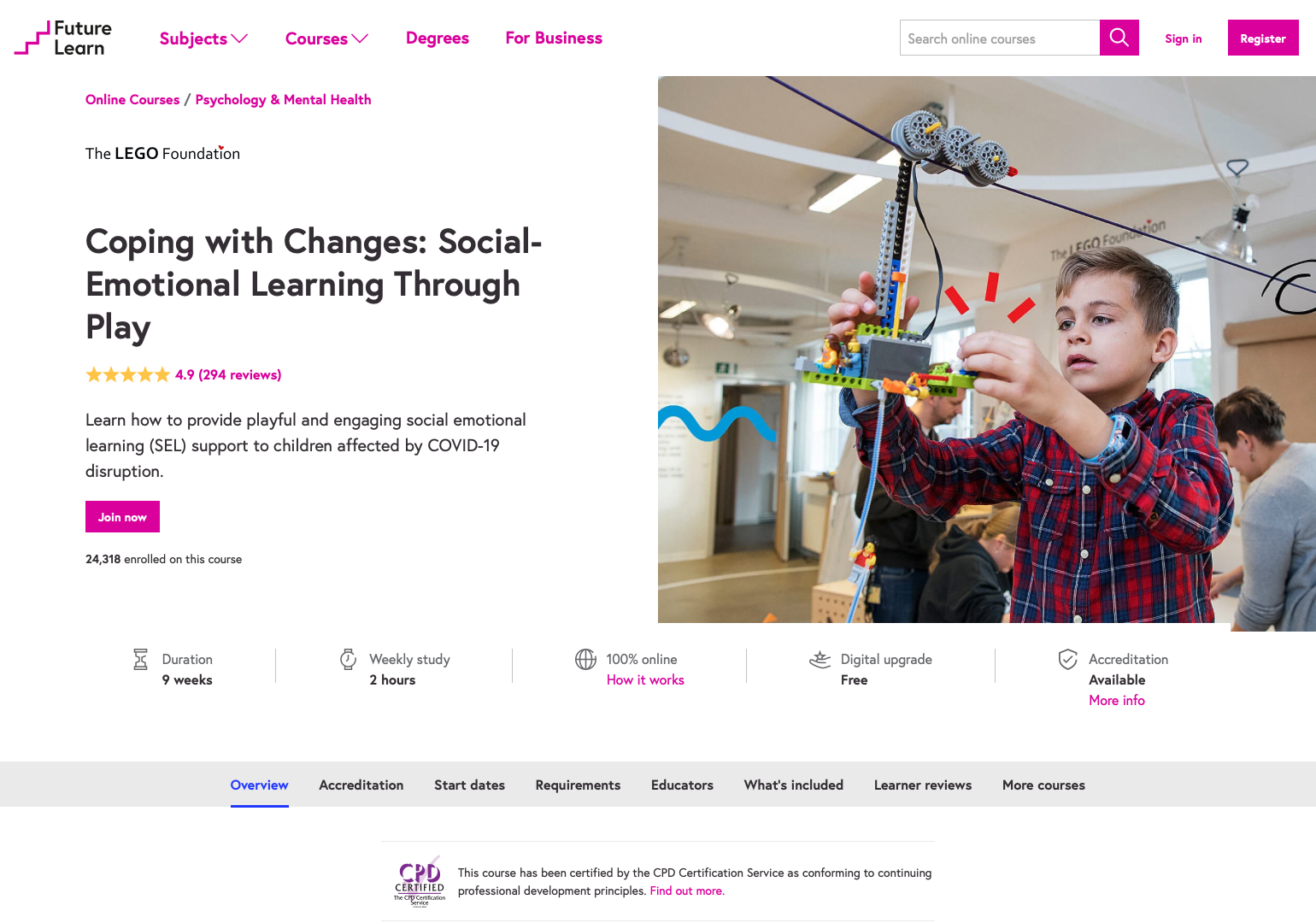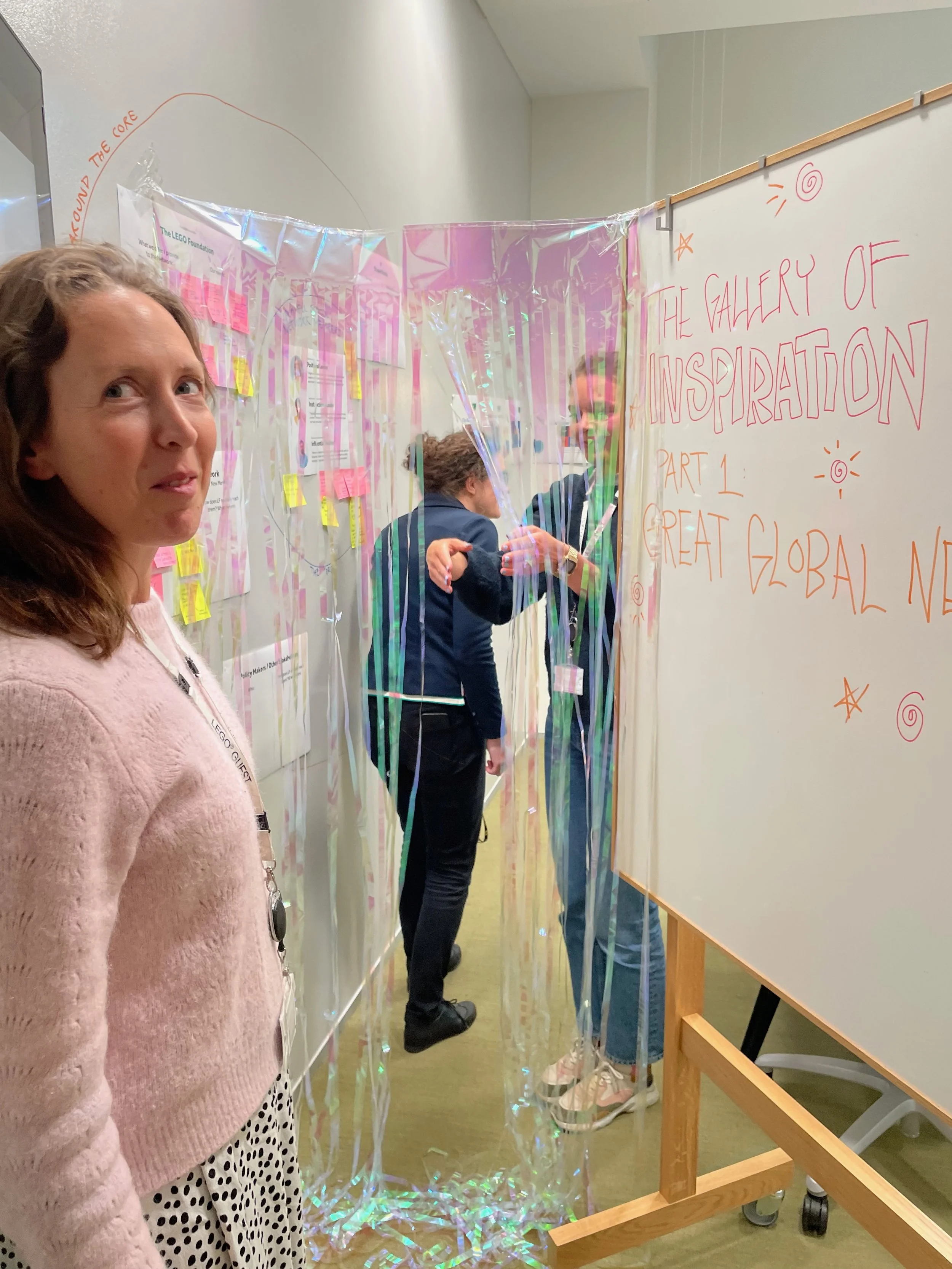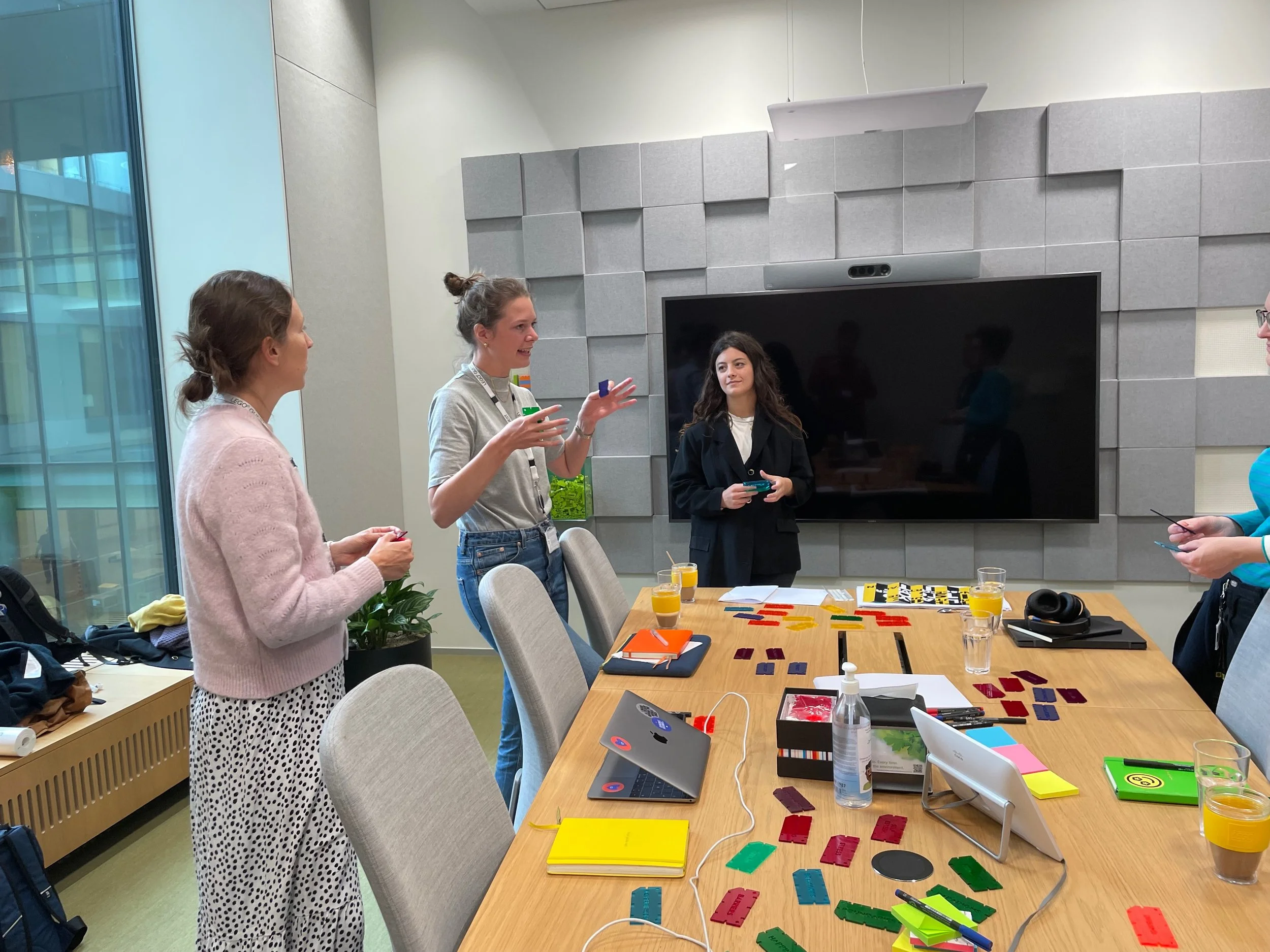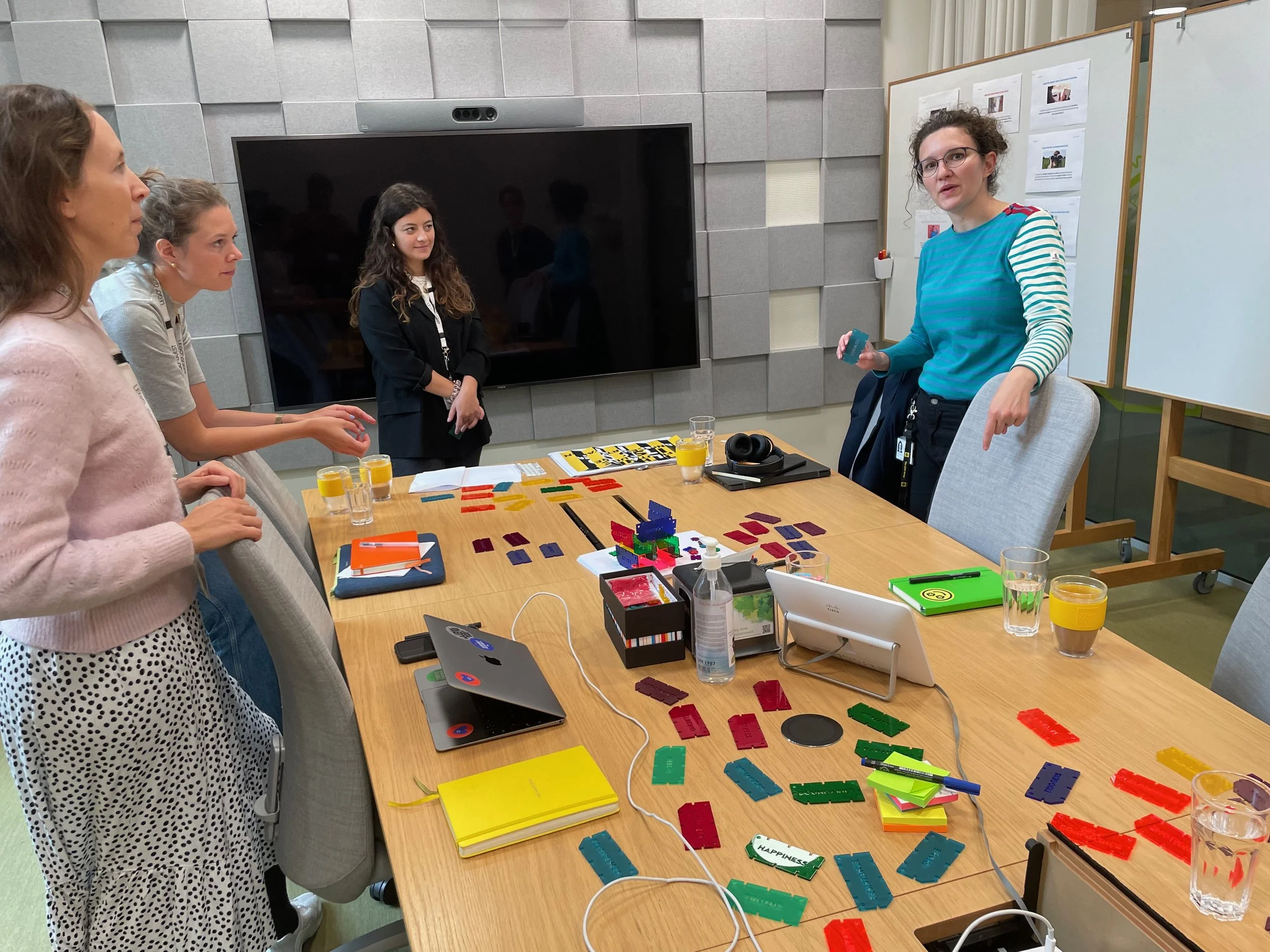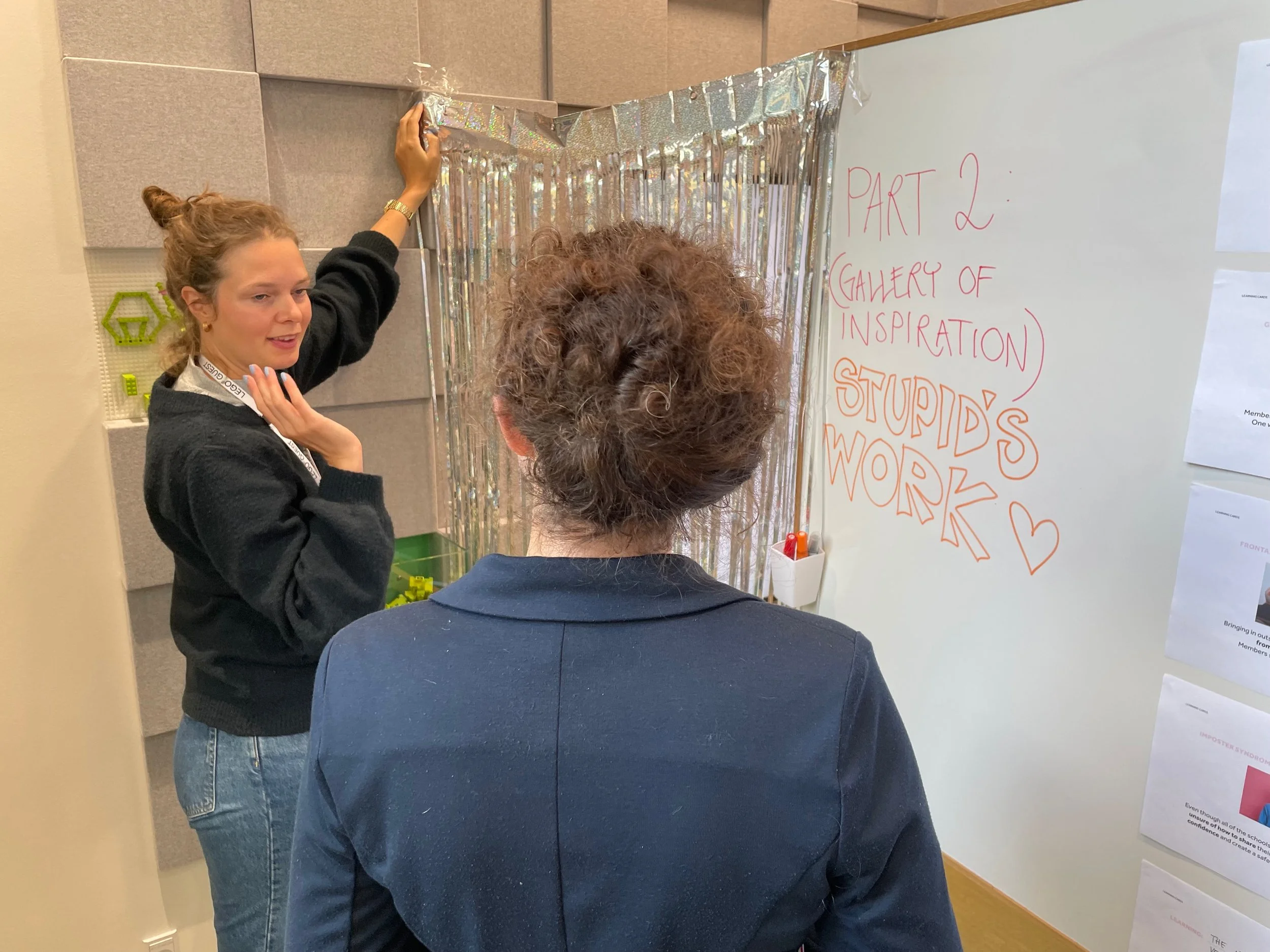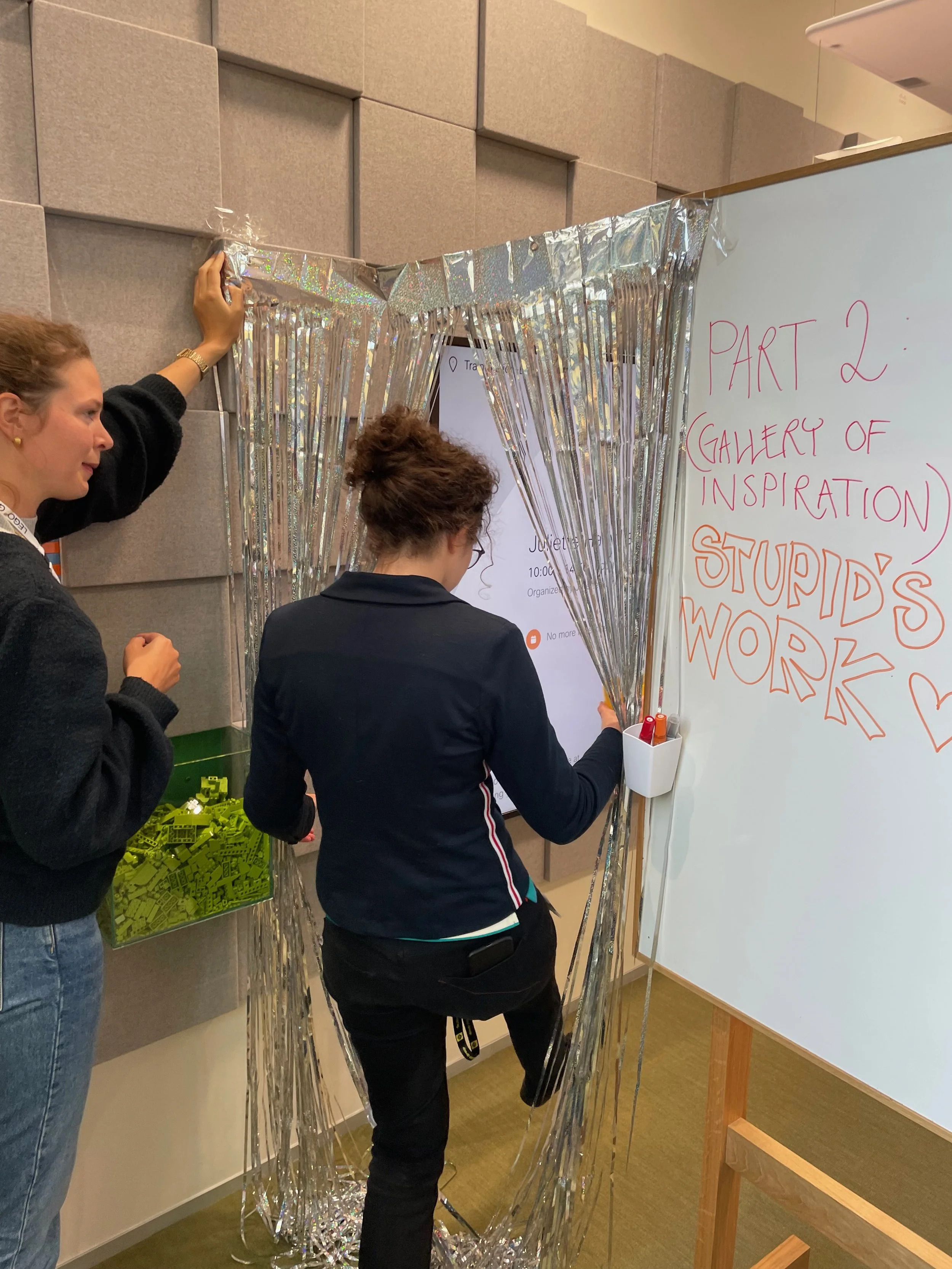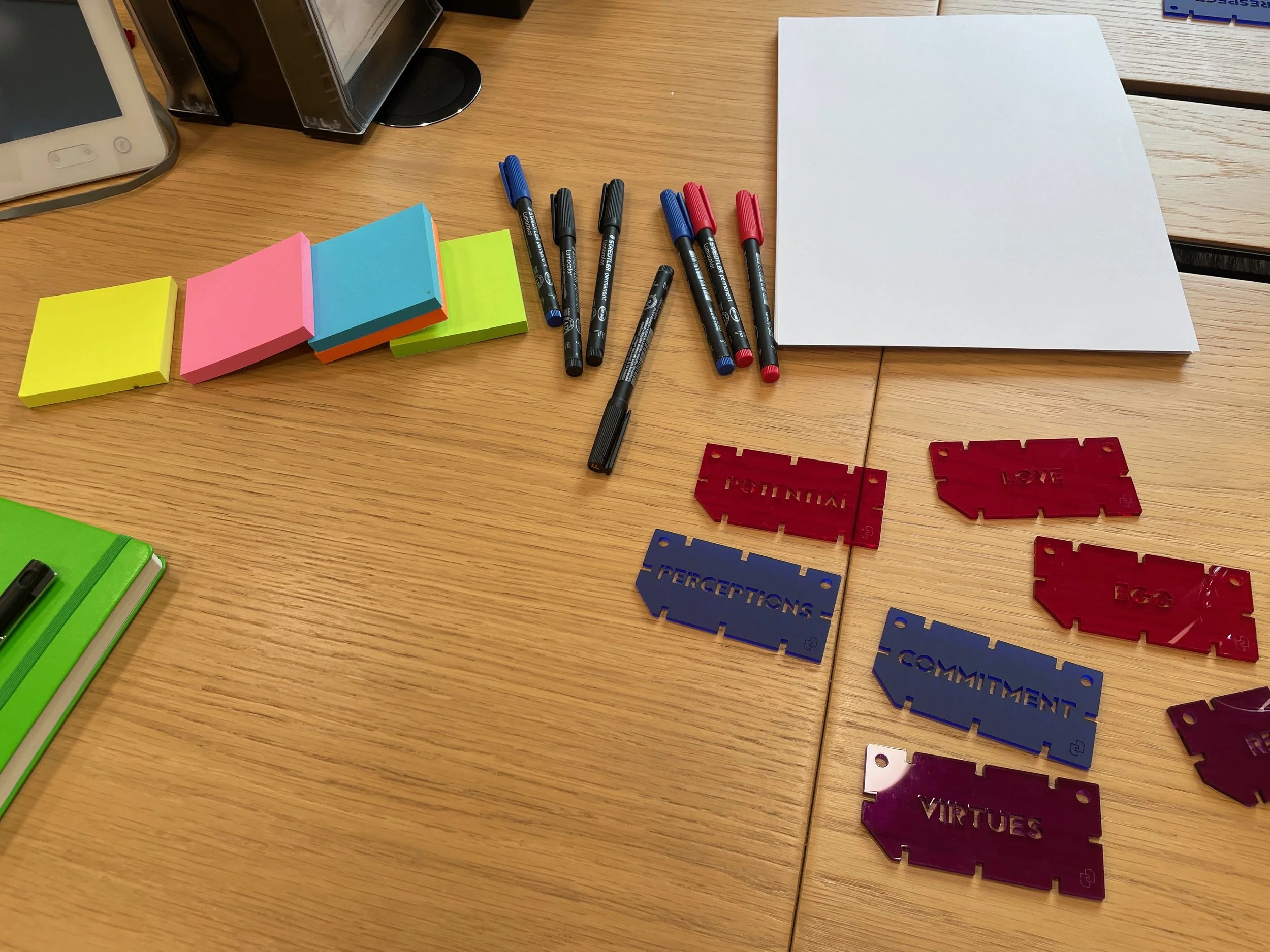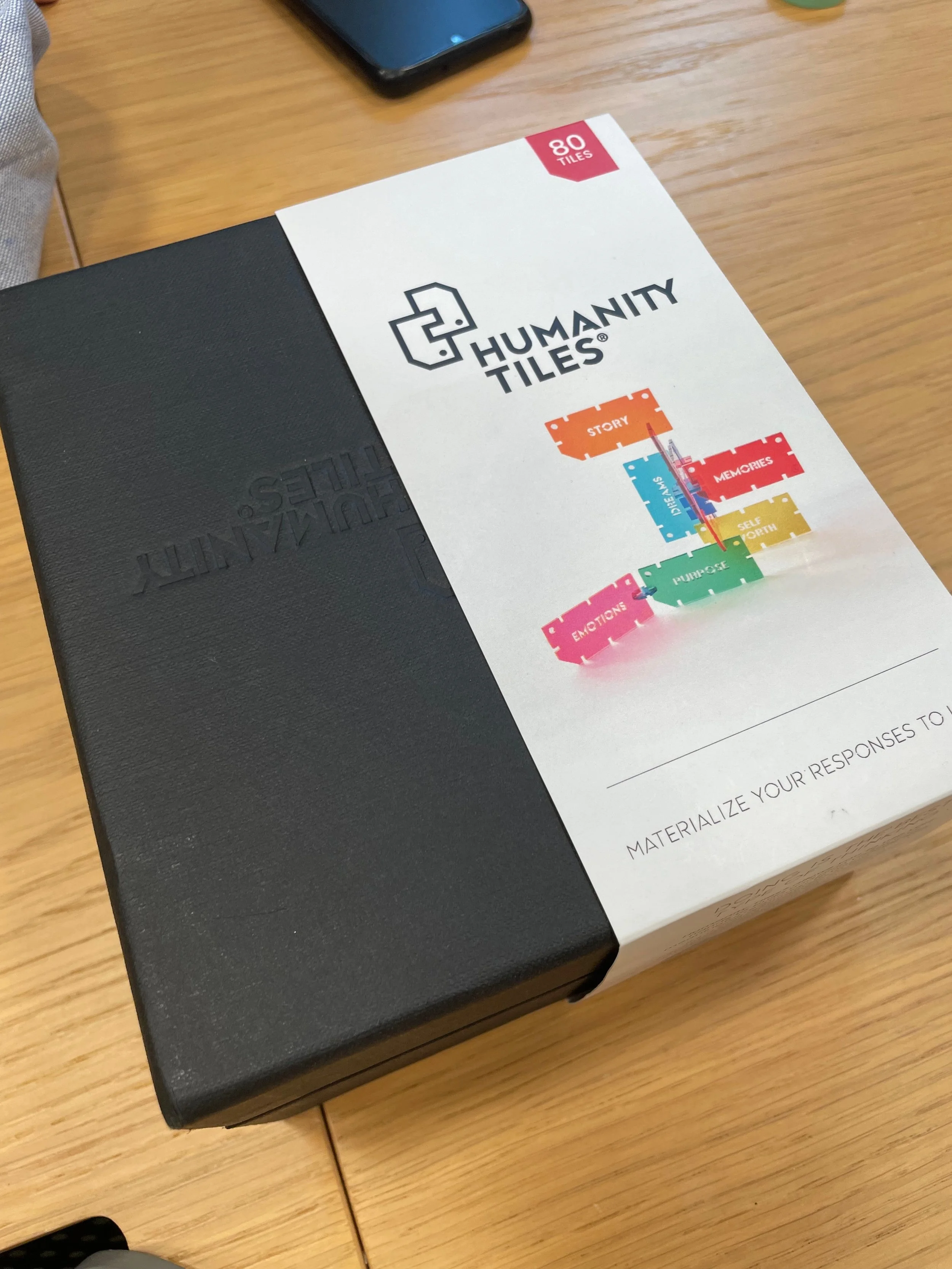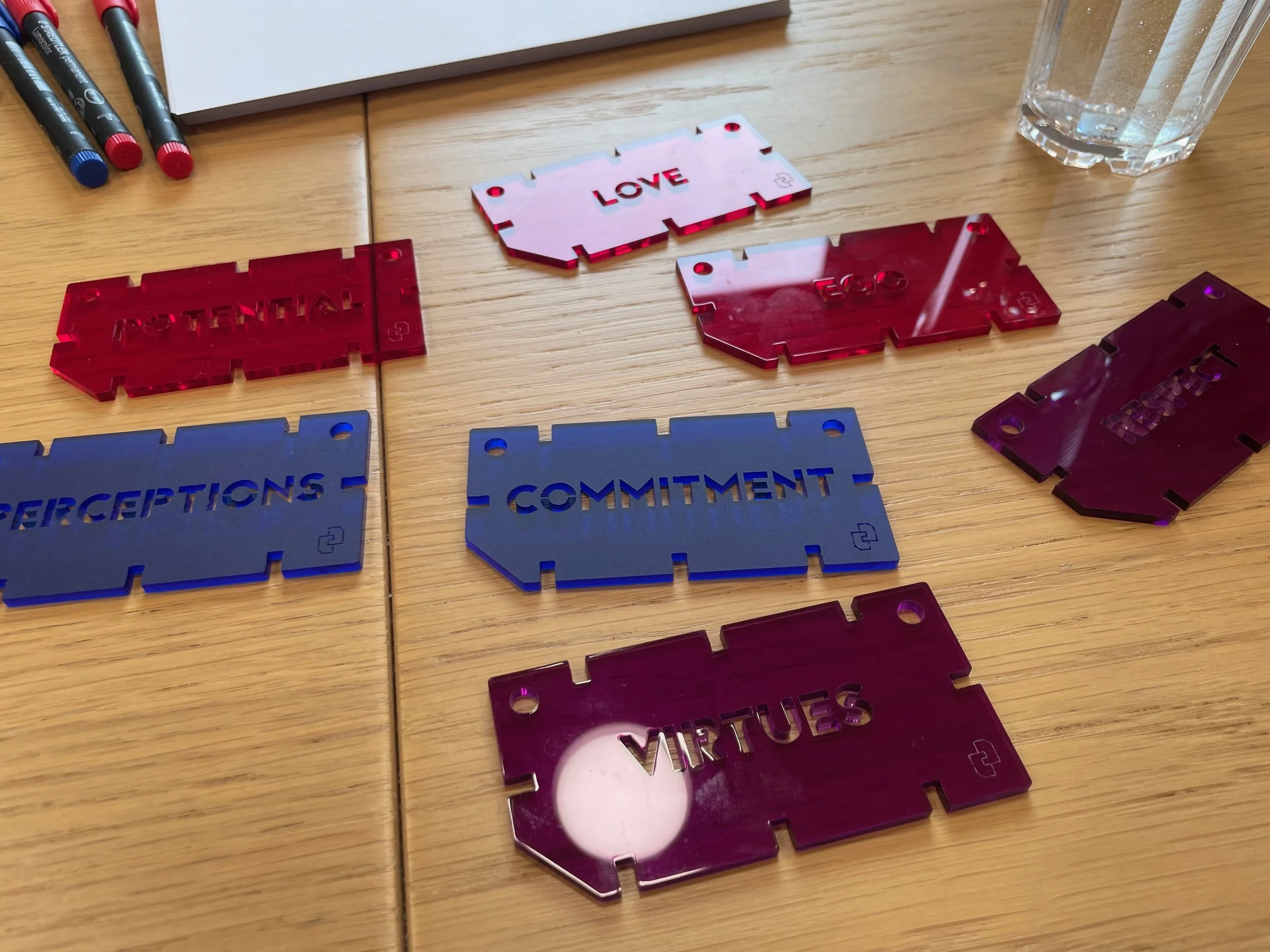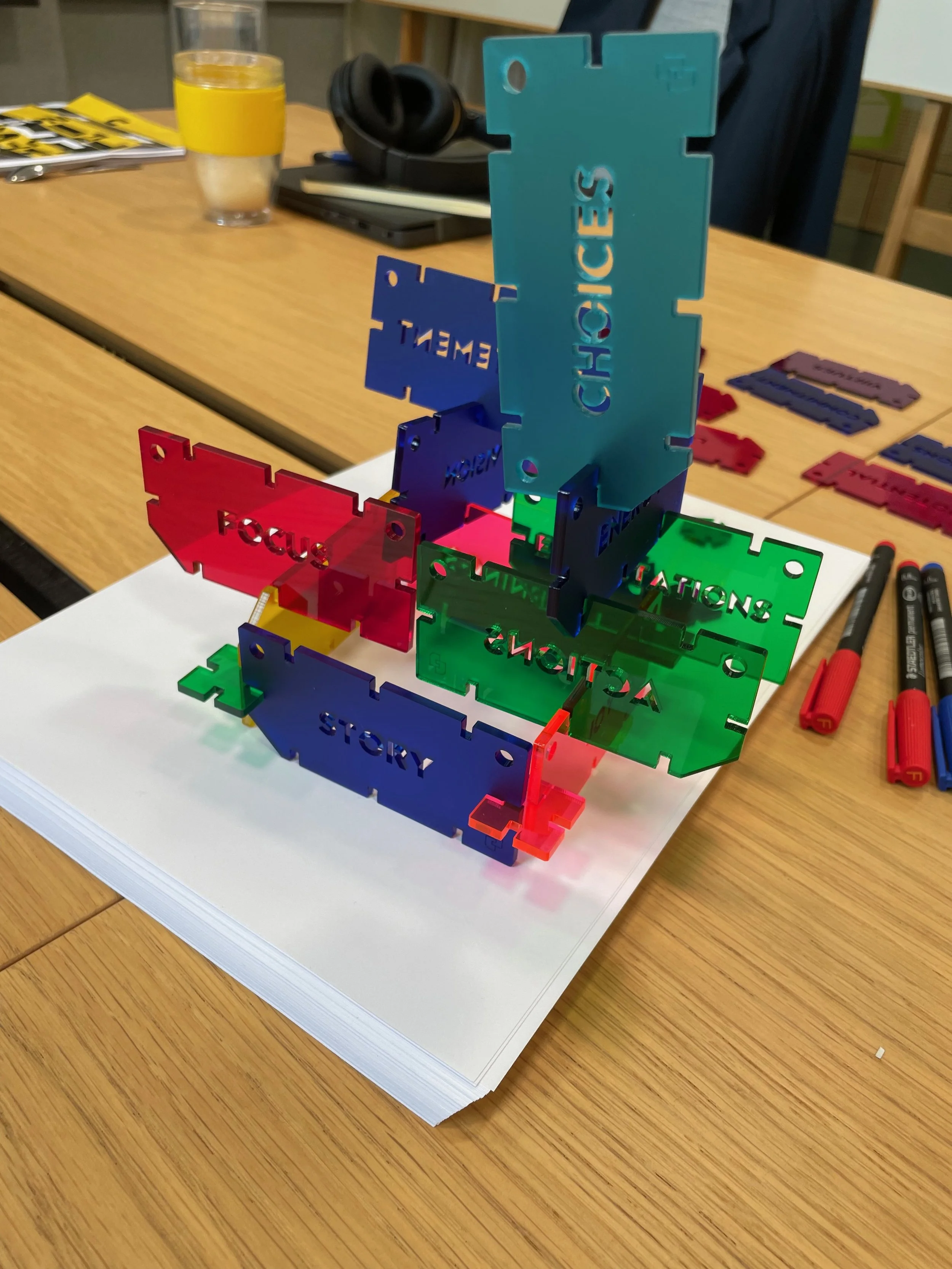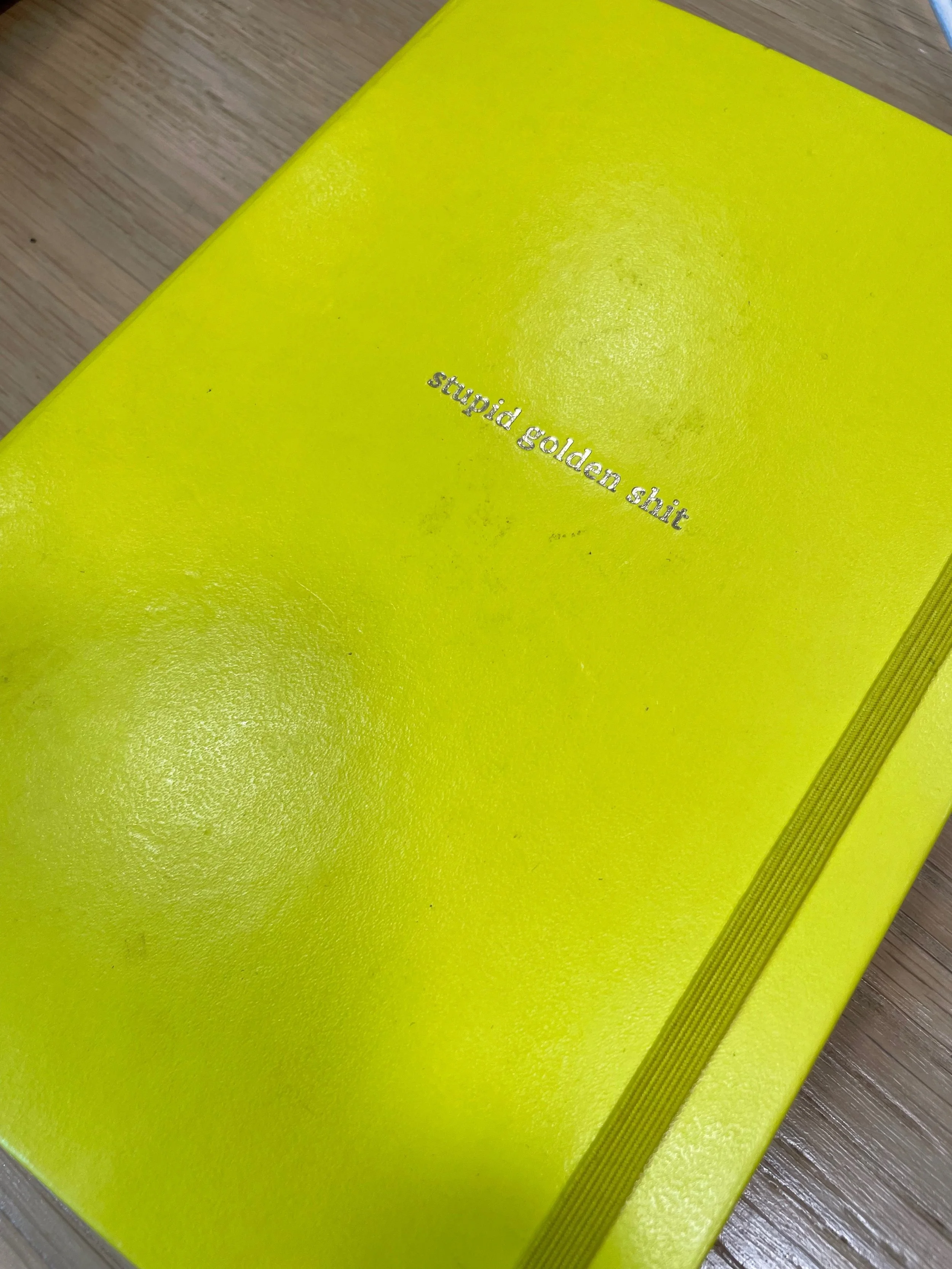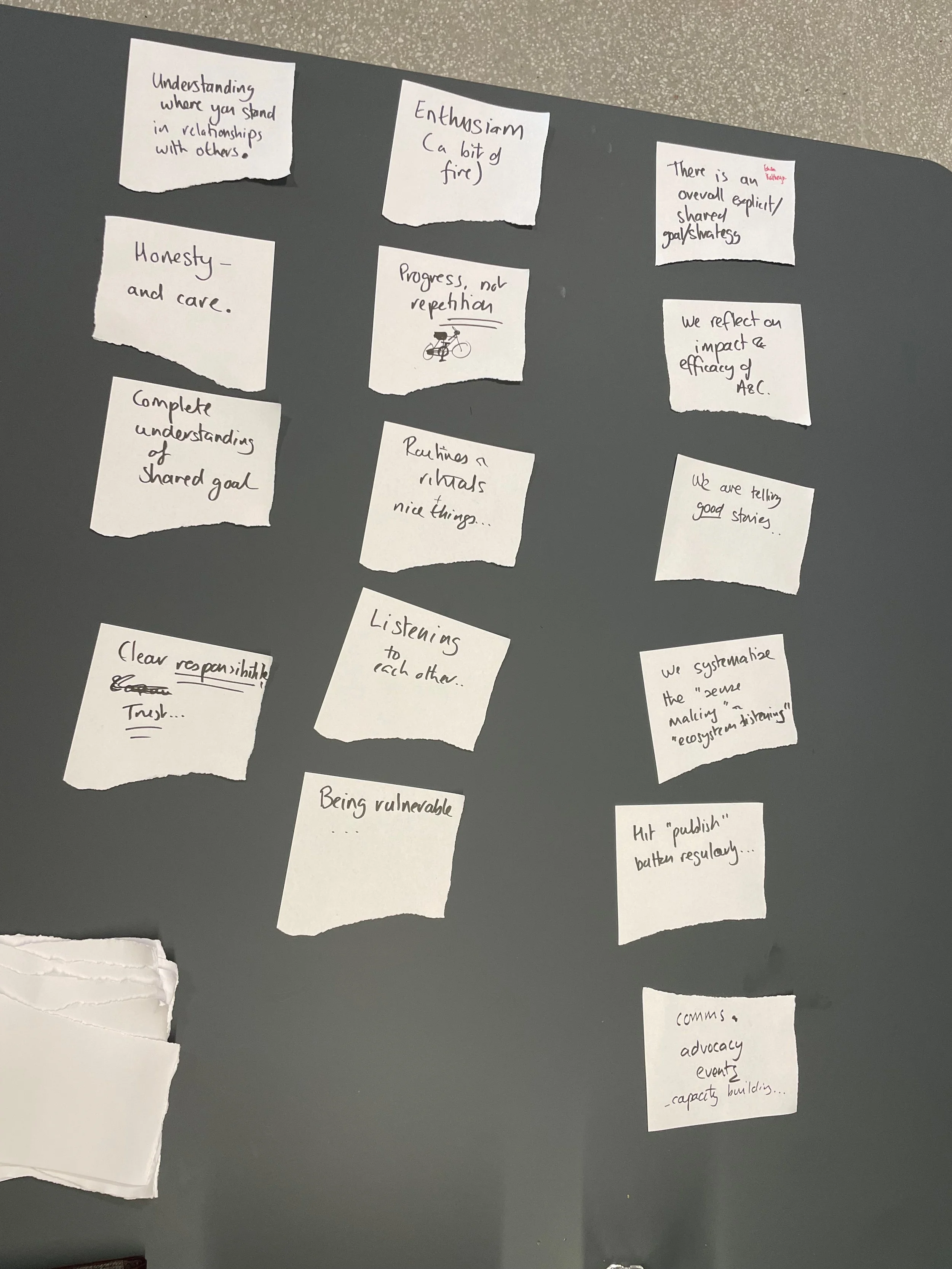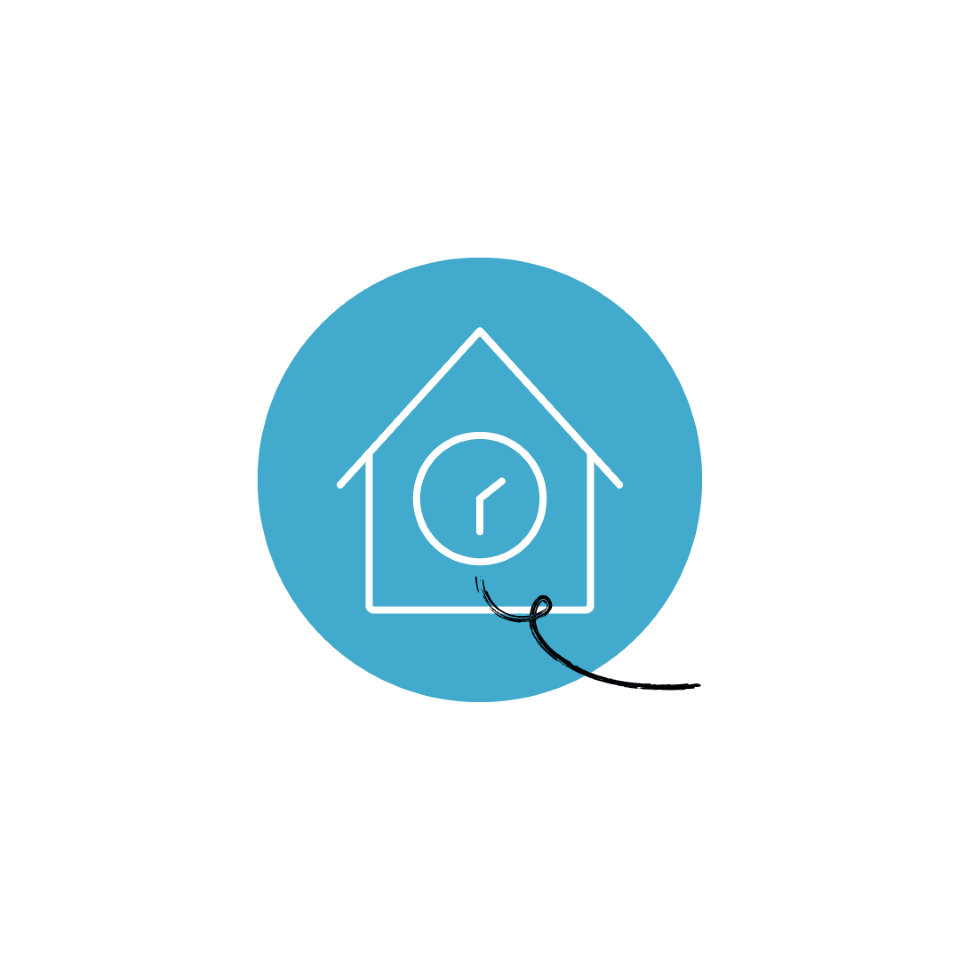Project Title
Team
Contributors
Playful Schools Network Jan 2021 - June 2023
Stuart MacAlpine
Ben Mardell
Juliette Hauville
Patricia Castanheira
Tanvi Sethi
Garett Jaeger
Elisabeth MacClure
Harvard Project Zero, Stupid Studio, The OECD, Fondazione Reggio Children, Education Scotland, Chenine Centre at University of Ottawa, Future Learn, Carla Rinaldi and Barbara Donnici (Foundation Reggio Children - Reggio Emilia) Ollie Bray (Education Scotland and LEGO Foundation), Professor Andy Hargreaves, Rob Houben, Marialuisa Dubla, Lynn Taylor, Susan Outlaw, AnnMarie Thomas (St Thomas University), Ida Khan and Camilla Uhre Fog (International School of Billund), Trista Hollweck, Rob Perree (Agora Schools), Elisabetta Bedogni (Reggio Emilia). Charlotte Bowes (Scotland), Jim Reese (Harvard Project Zero and Washington International School), Dr Kathleen Campbell (University of St Thomas), Cynthia Robinson (DC Schools, USA), Maria Haglund (Ikea School, Amhult), Carla Marschall, Christine Lonez (Ecolint, Geneva), Anita Le Tissier, Yuri Belfali, Anna Pons and Leila Loupis (OECD), Daniel Wilson and Jen Ryan (Project Zero) and many others.
The Playful Schools network was a three year project developed at the LEGO Foundation to connect and empower schools to embrace and sustain learning through play. During COVID it became obvious that much school innovation around adaptive pedagogy was driven by innovative schools within ecosystems of practice. Whilst central government struggled to quickly adapt to schooling in new conditions, some schools like Pierre Elliot Trudeau Elementary School in Canada led the way with innovative practices of playful learning that addressed the challenges of COVID. Likewise the Agora Schools in the Netherlands had broken the chokehold of industrial education within a state school system that offered no unique advantages for the school to have done so. What counted in each case was innovative school leaders and communities.
Just as trees support and nourish each other through mycelial and mycorrhizal networks (the so called ‘wood wide web’) the role of the playful schools initiative was to connect and empower innovators to support the early stages of the diffusion of innovations.
The network created a vibrant community of practice with physical meet ups and a playful schools conference as well as related grants to specific partners to pursue innovative projects.
The development work and theory of change involved
The project was framed as a LEGO Foundation initiative with a theory of change, and team made up for programmatic, evidence and advocacy leads in a ‘wheel of impact’
The OECD Grant was developed to provide a ‘network of networks’ and create a golden triangle between policy, research and schools. The Playful Schools team designed the network frame and launched the grant to provide the vast majority of the funding for a three year project launched in 2023.
A COVID recovery, Six Bricks MOOC was developed in a project Stuart led using experts from international education and Education Scotland to support schools in the Playful School Network and beyond to embrace and sustain playful learning to support the reintegration of children after COVID. Over 24,000 educators have taken the course at the time of writing. The course can be accessed for free here: https://www.futurelearn.com/courses/coping-with-changes
Stupid Studio were a key design partner, helping facilitate what became the Playful Schools Network meet ups online, the Playful Schools Conference and the visual design elements we used. Our design sessions are here.
Design Elements were used throughout the materials for the Playful Schools Network and meet ups to create a coherent identity representing play and imagination, surprise and joy.



